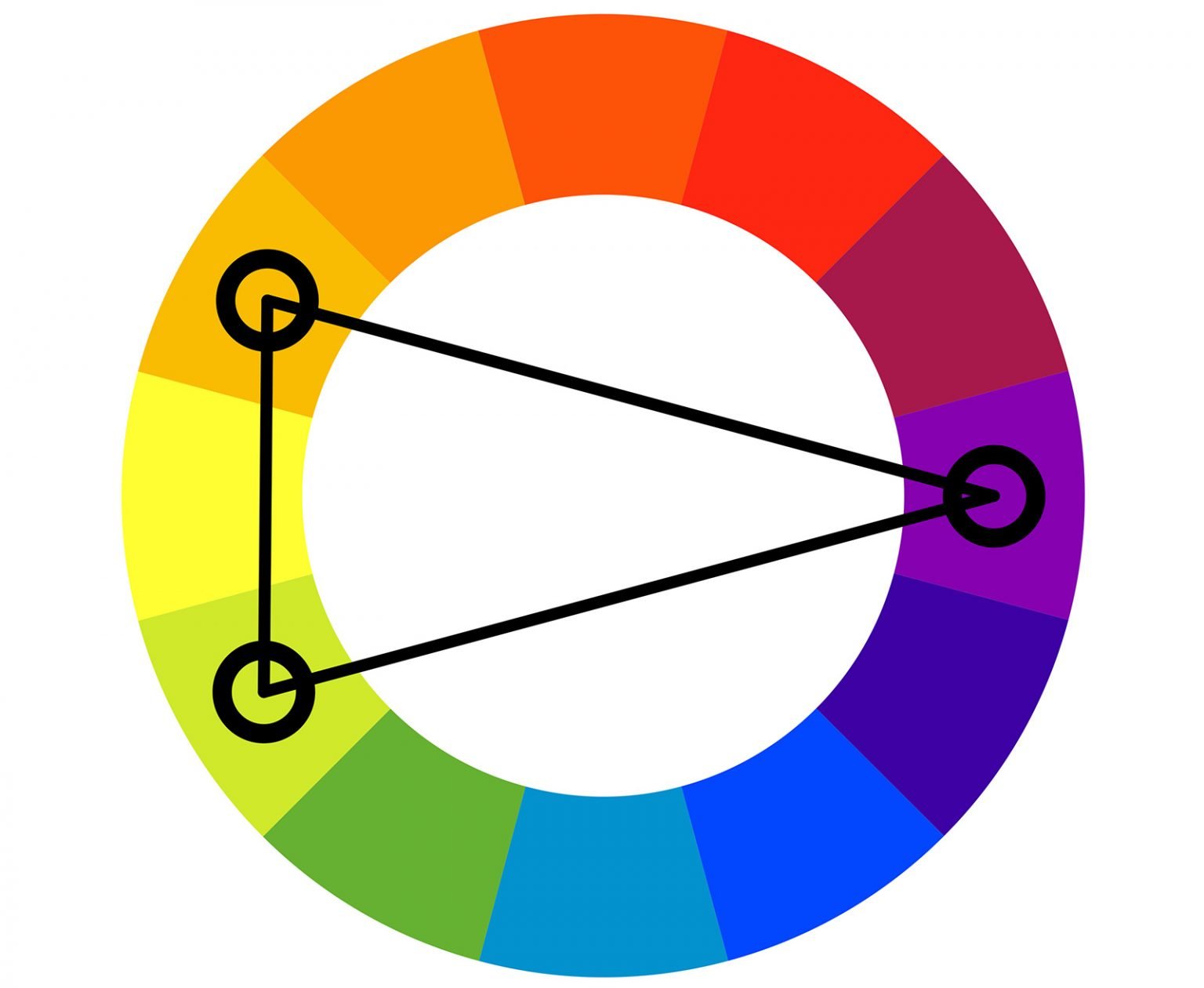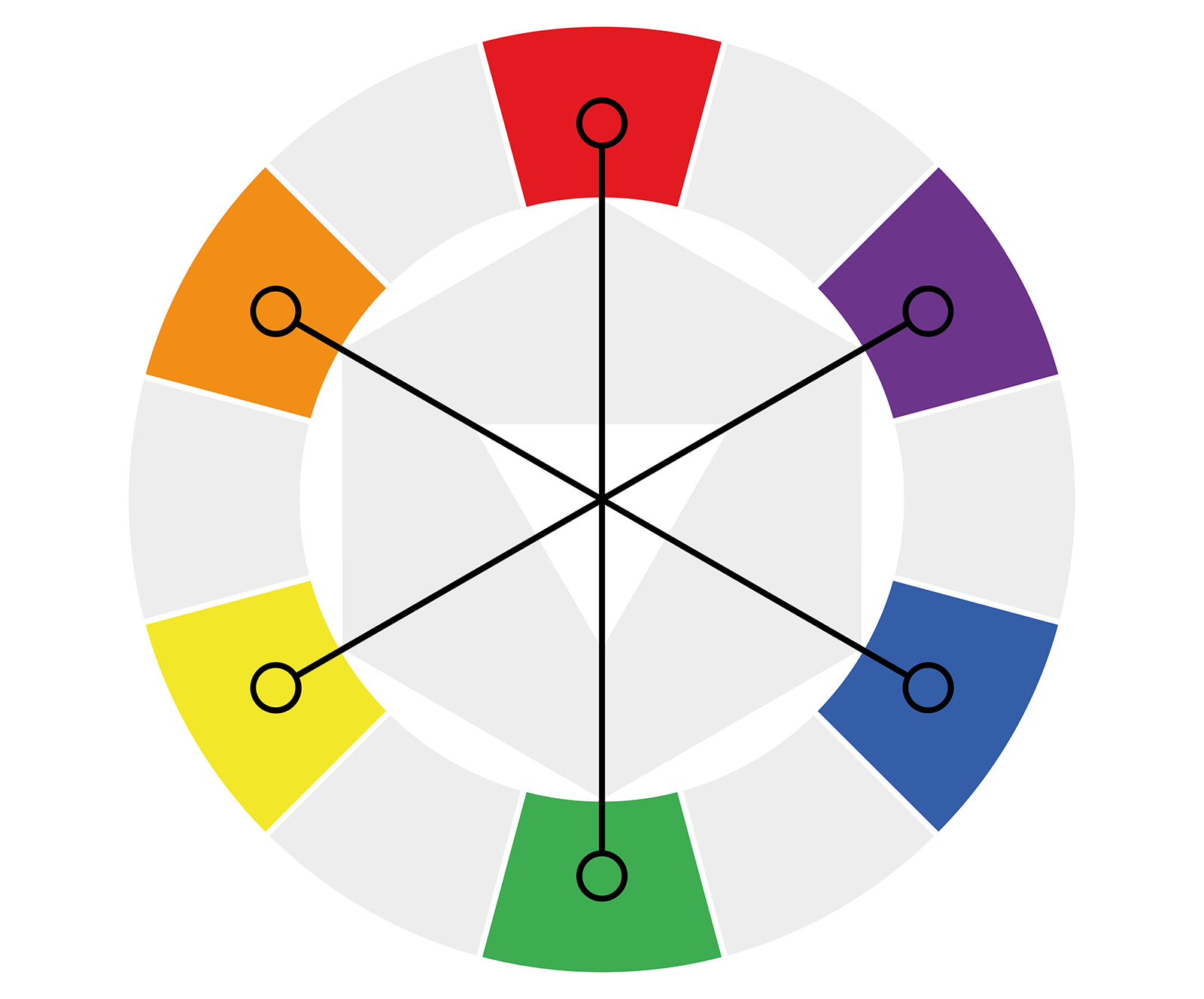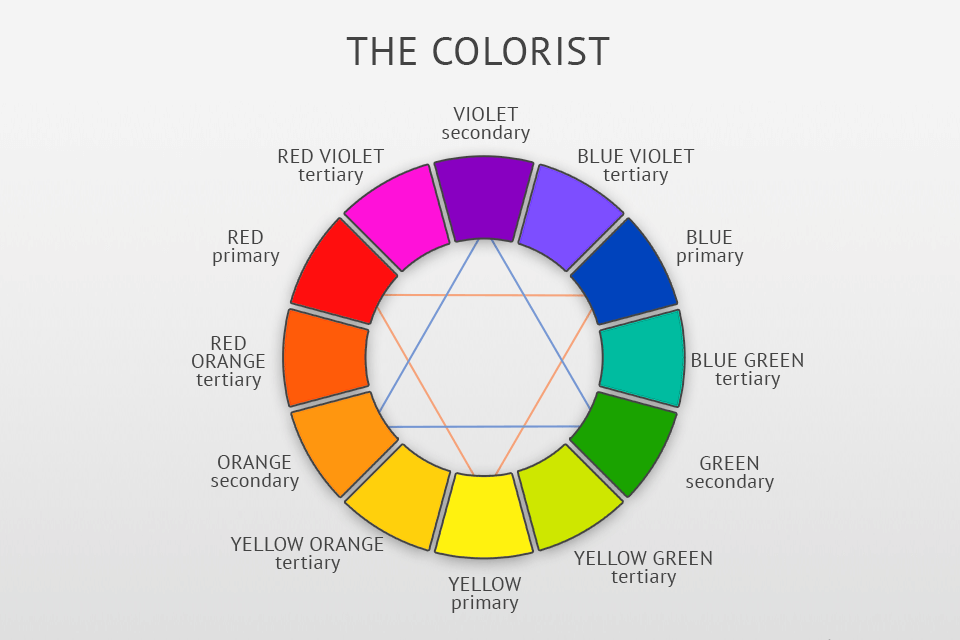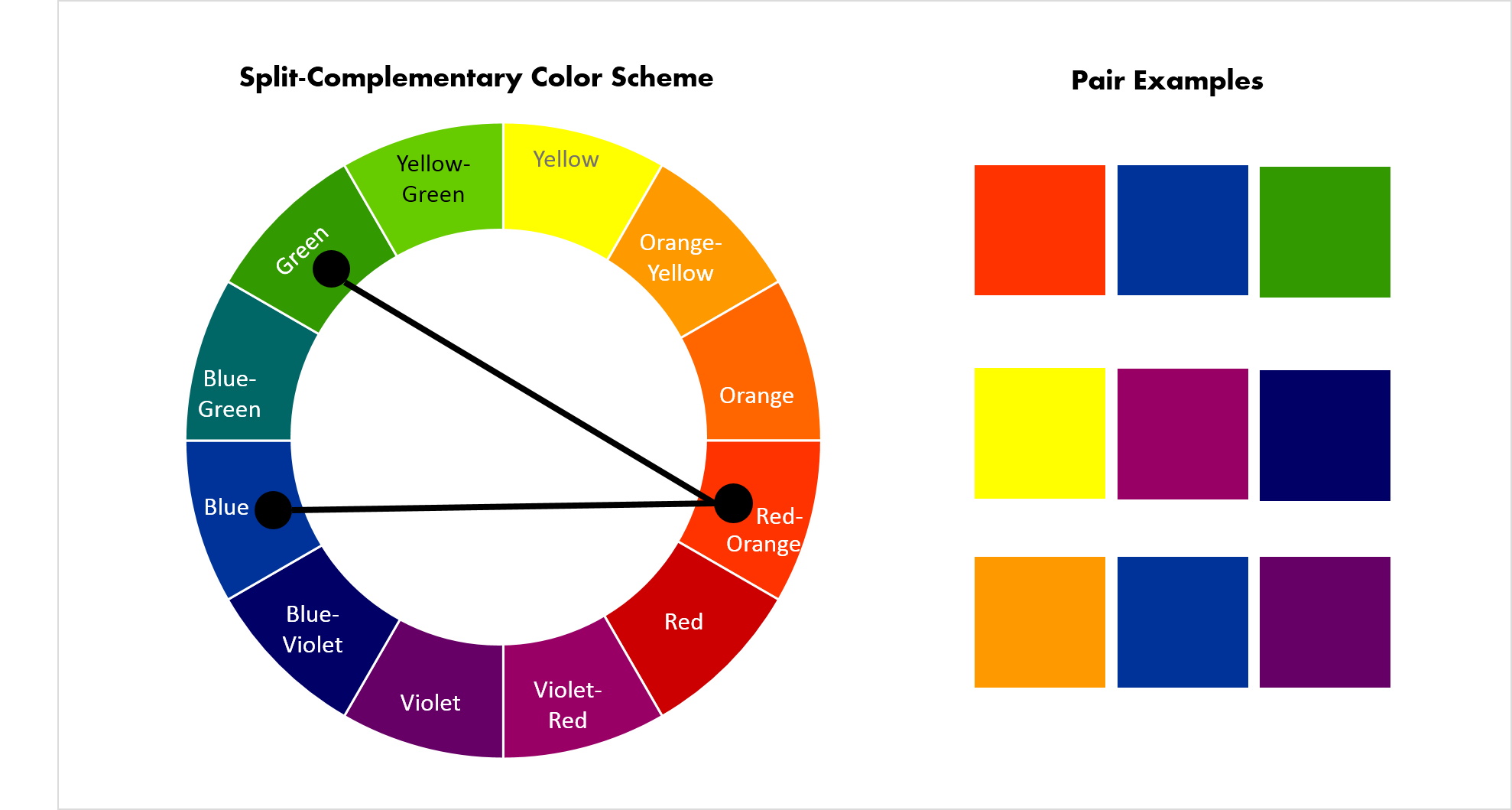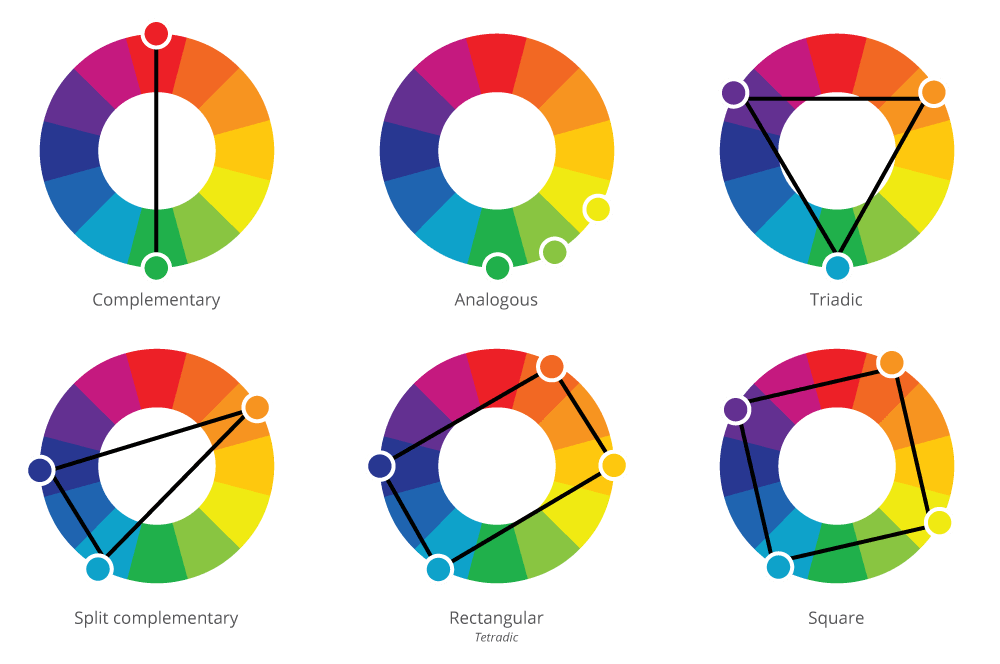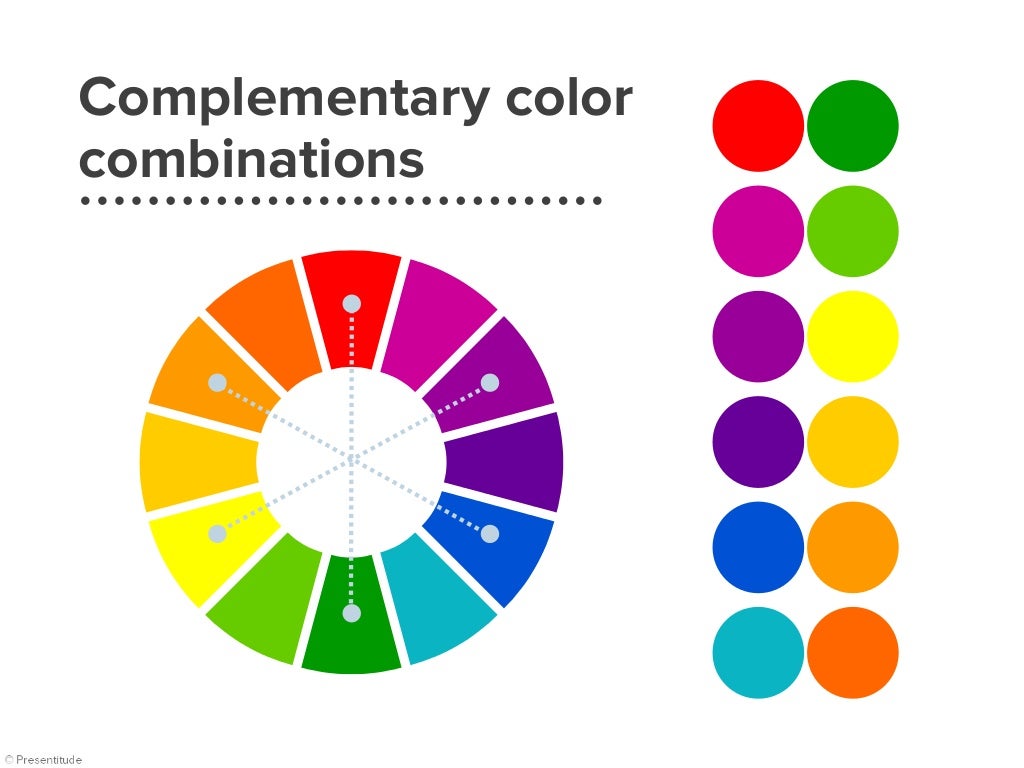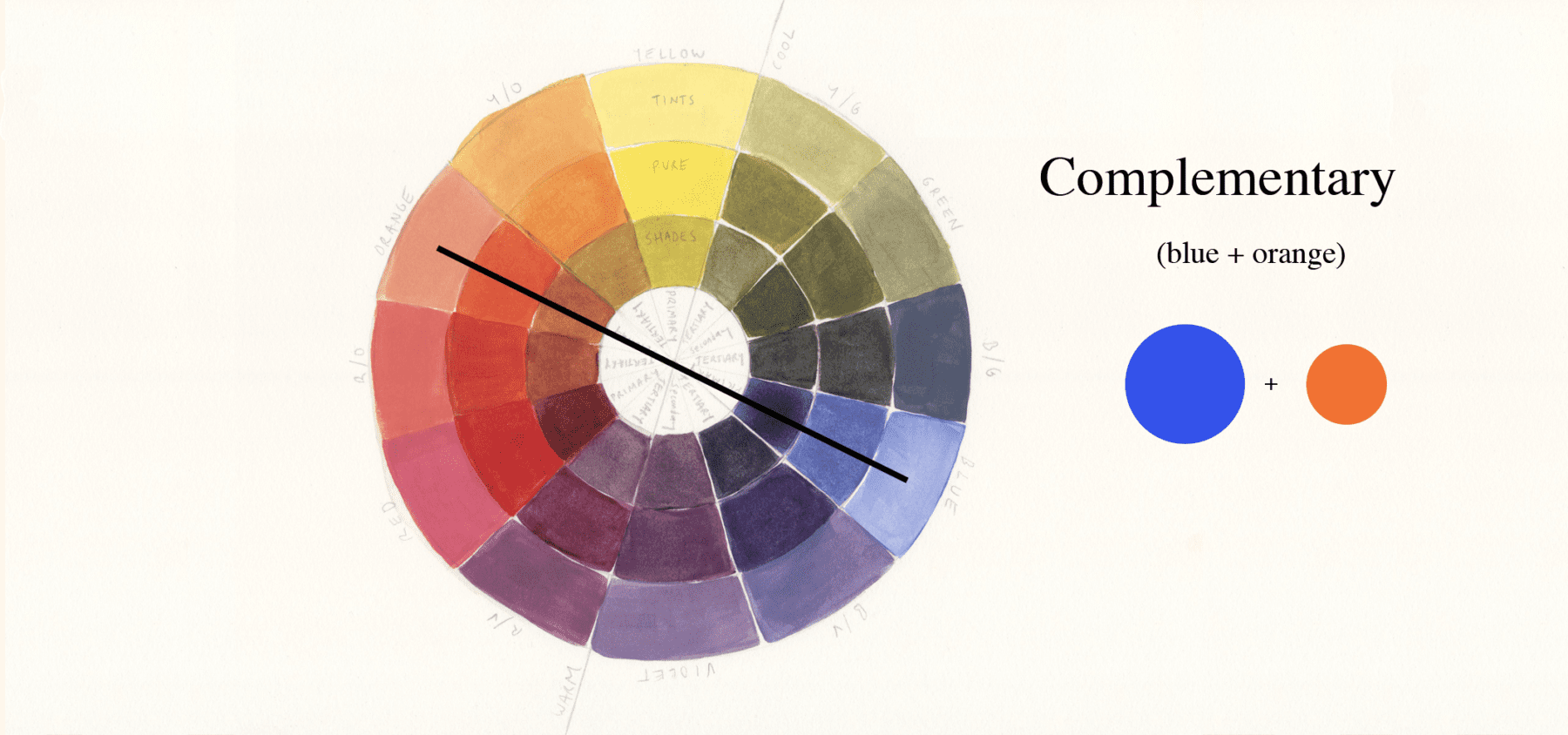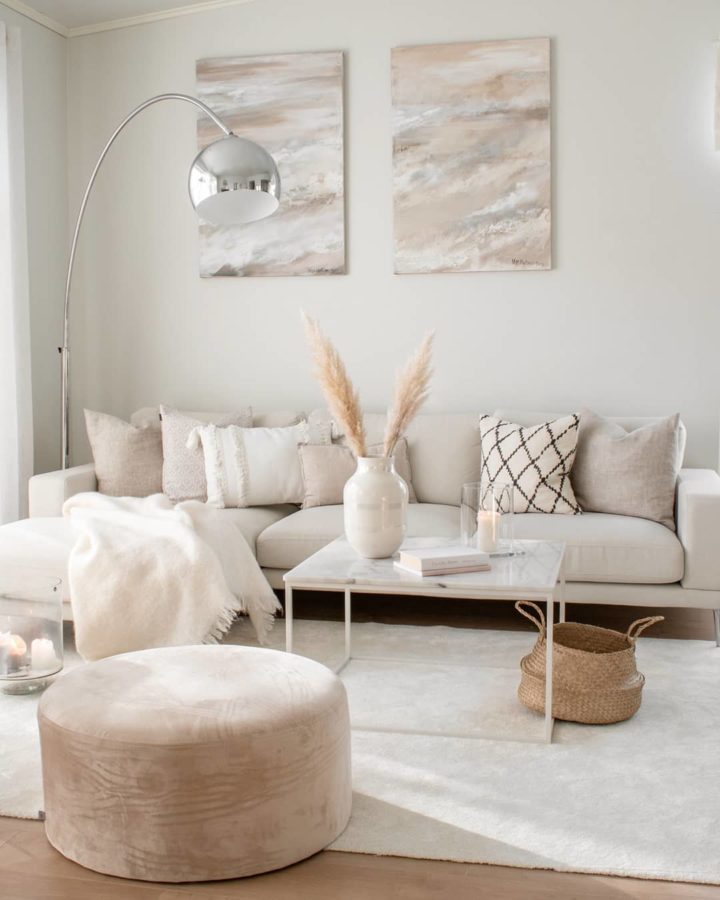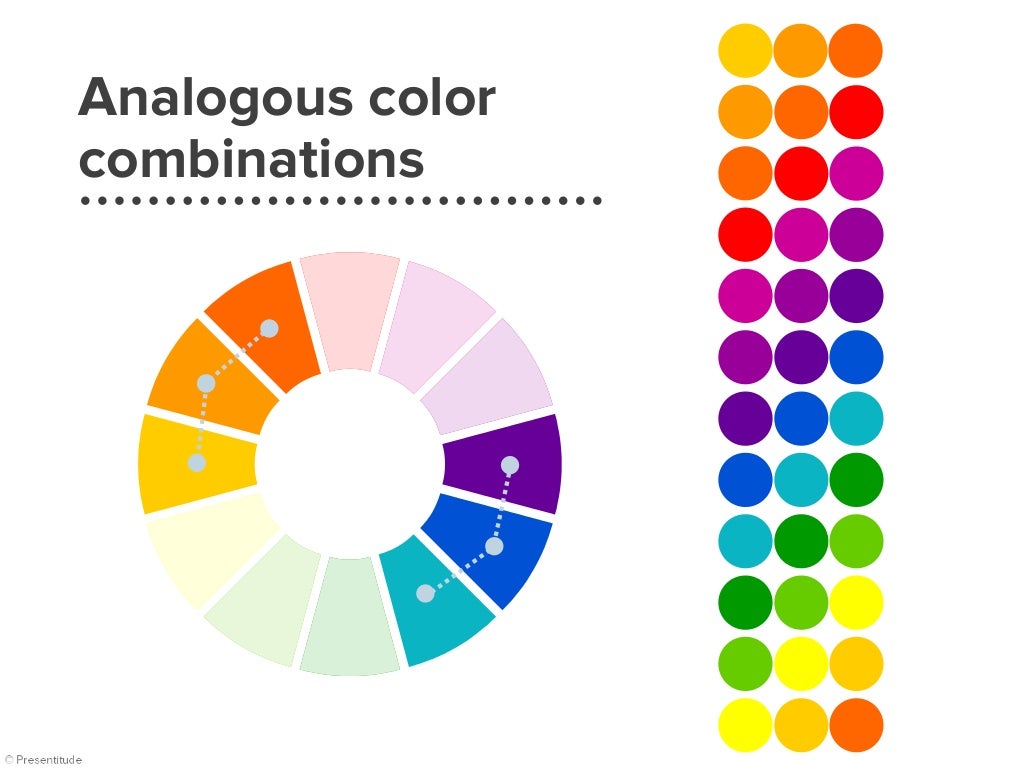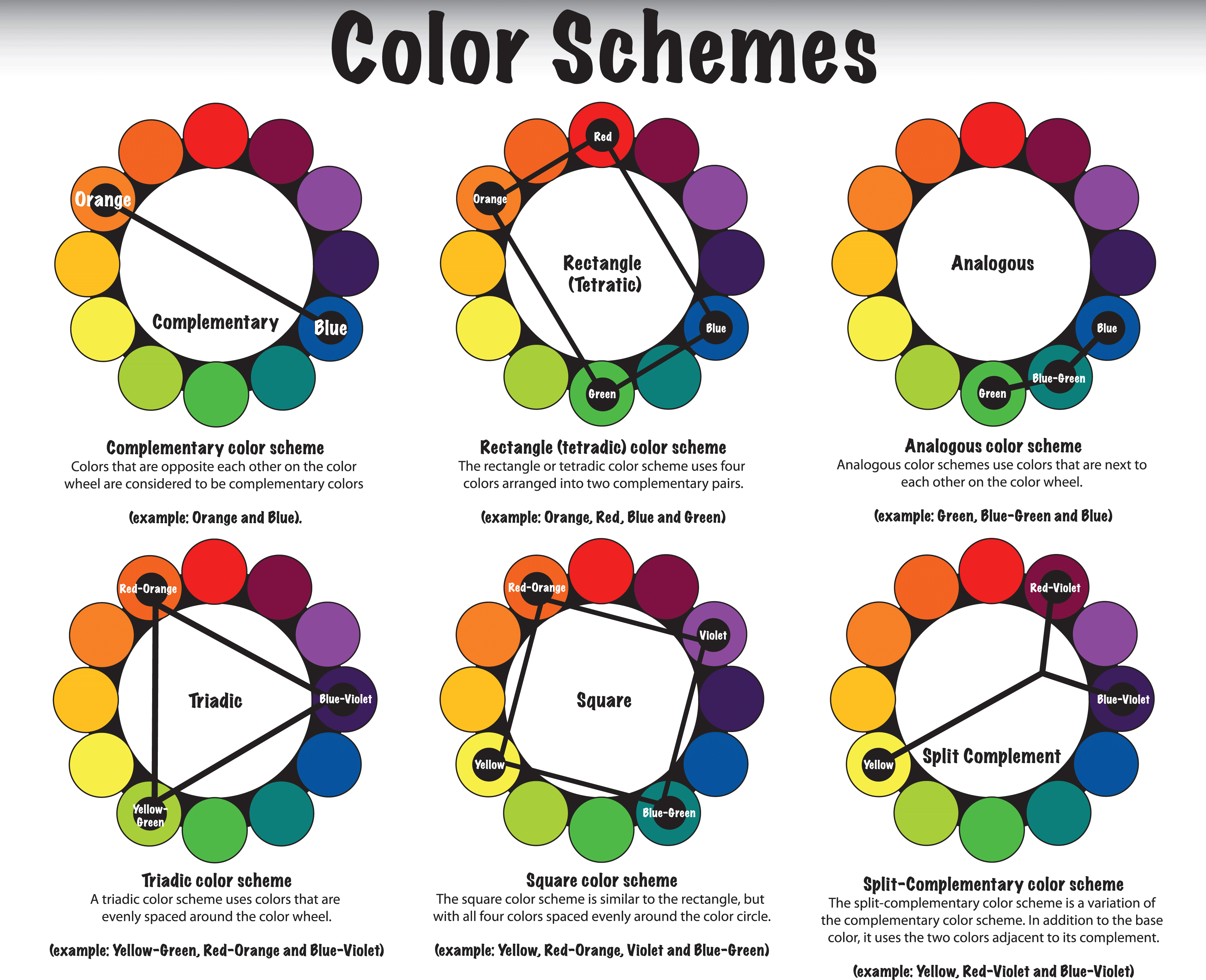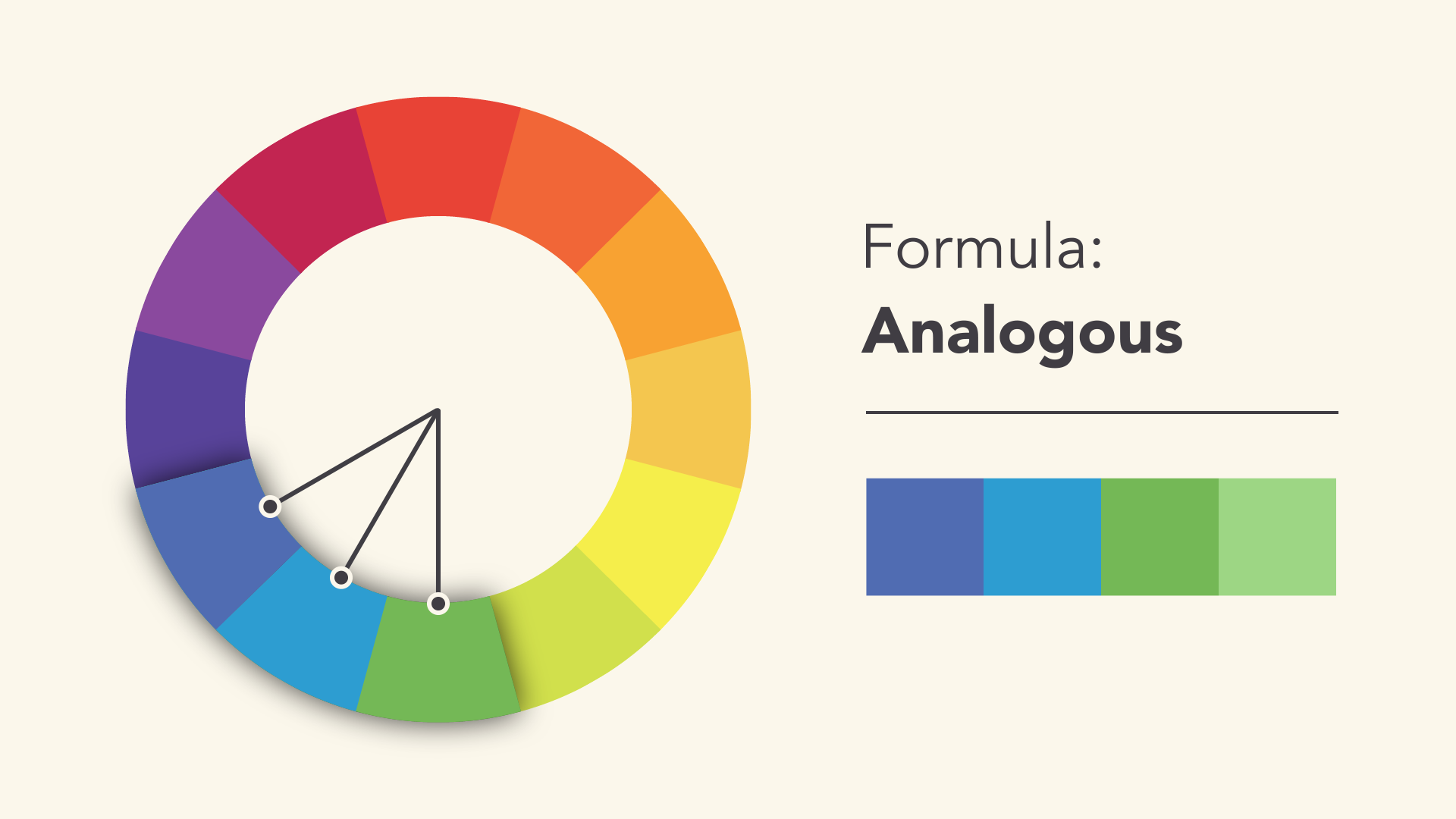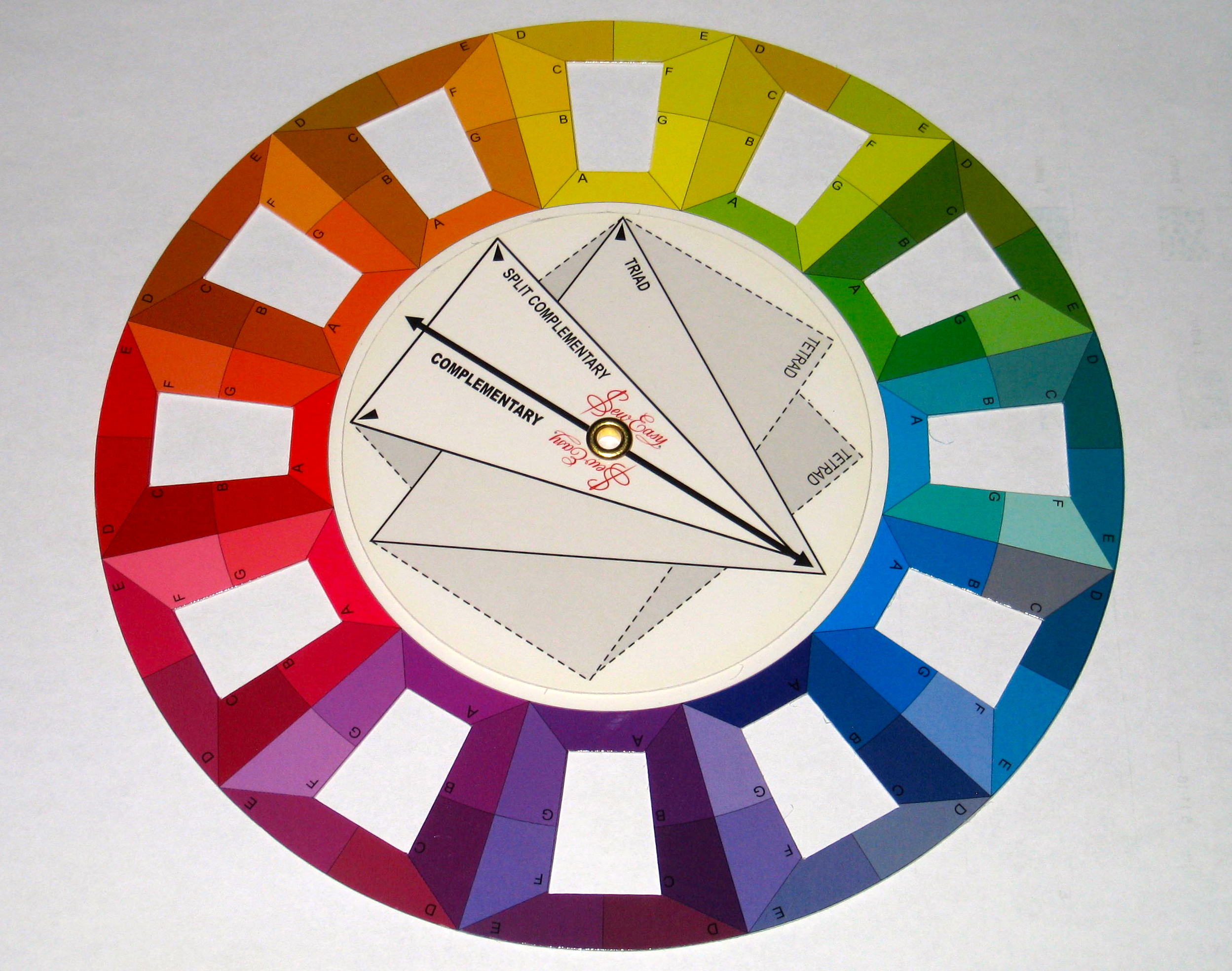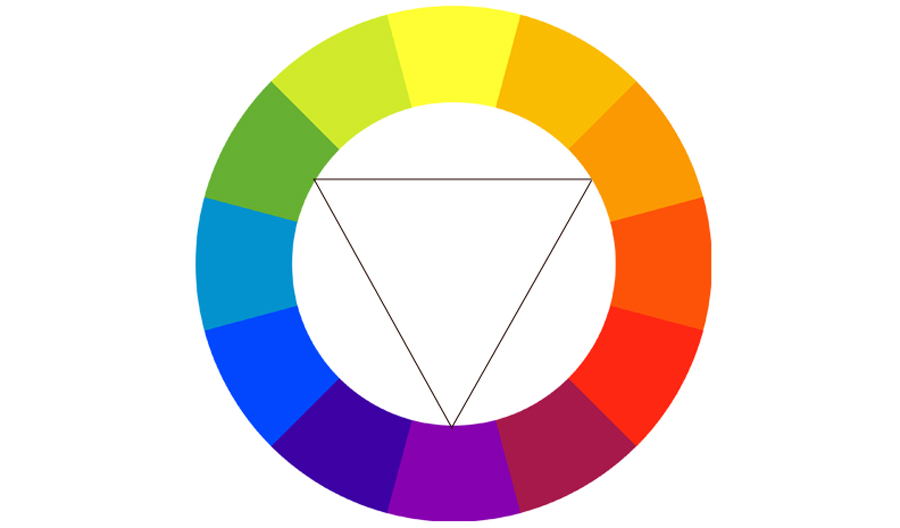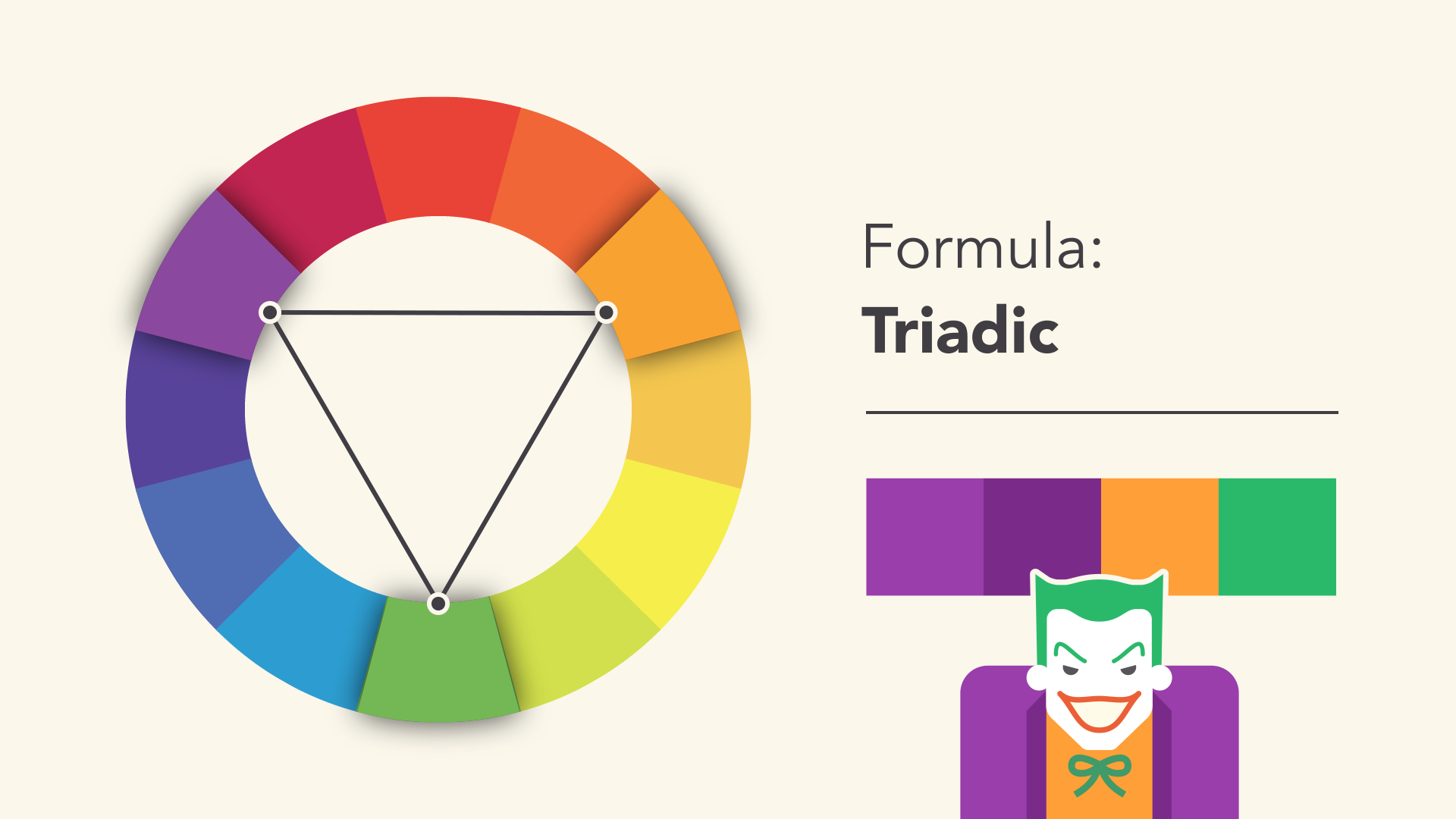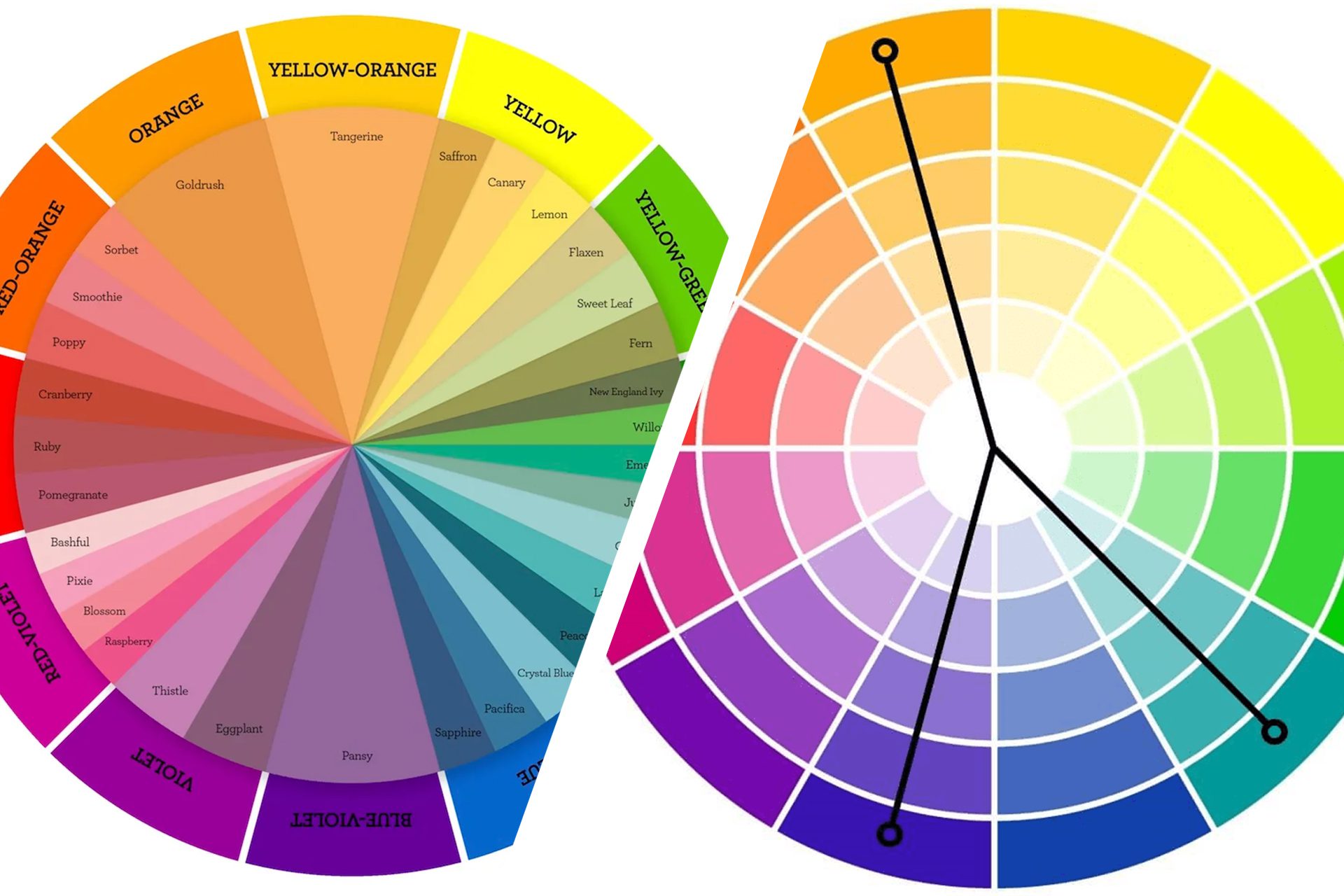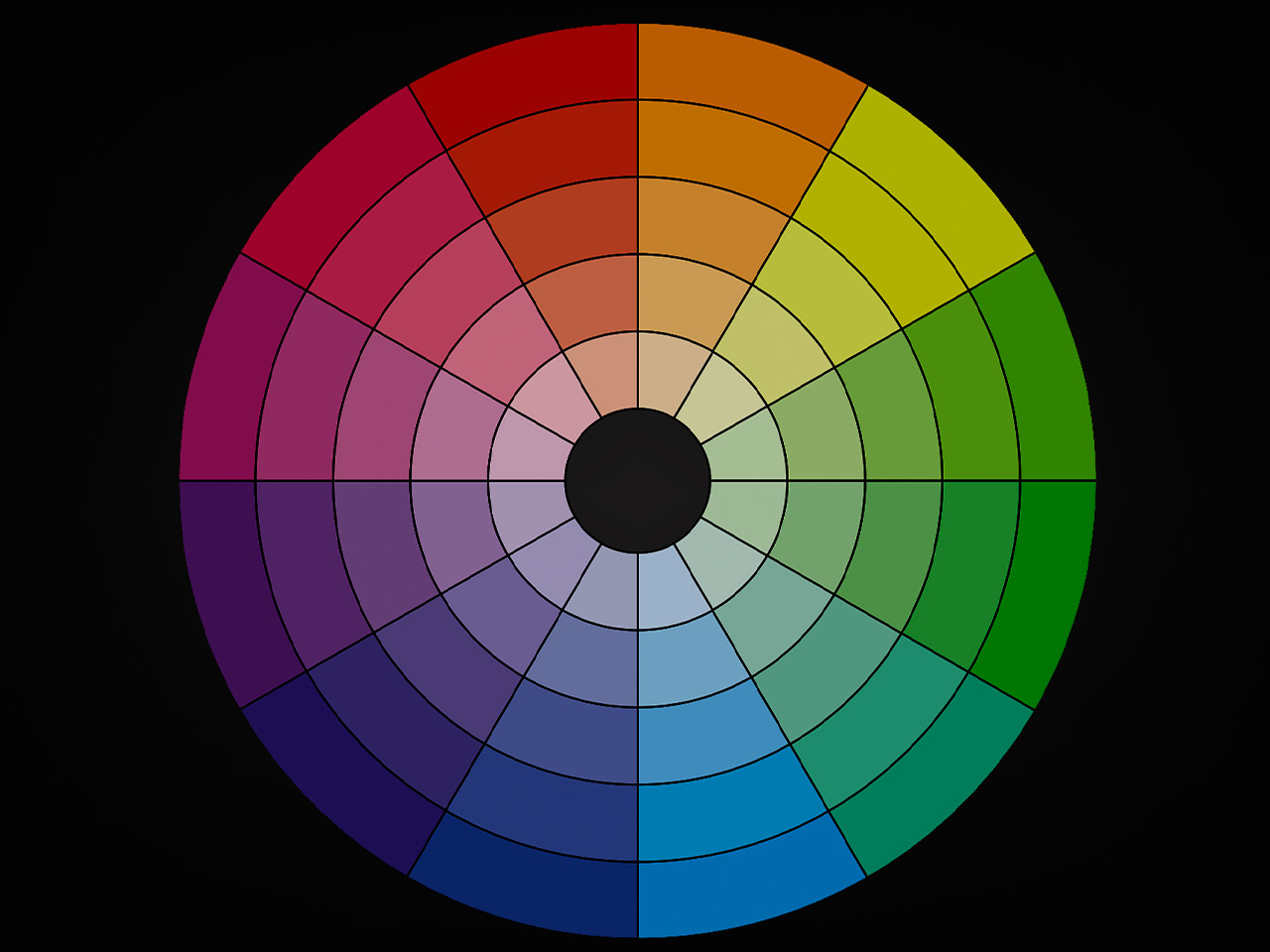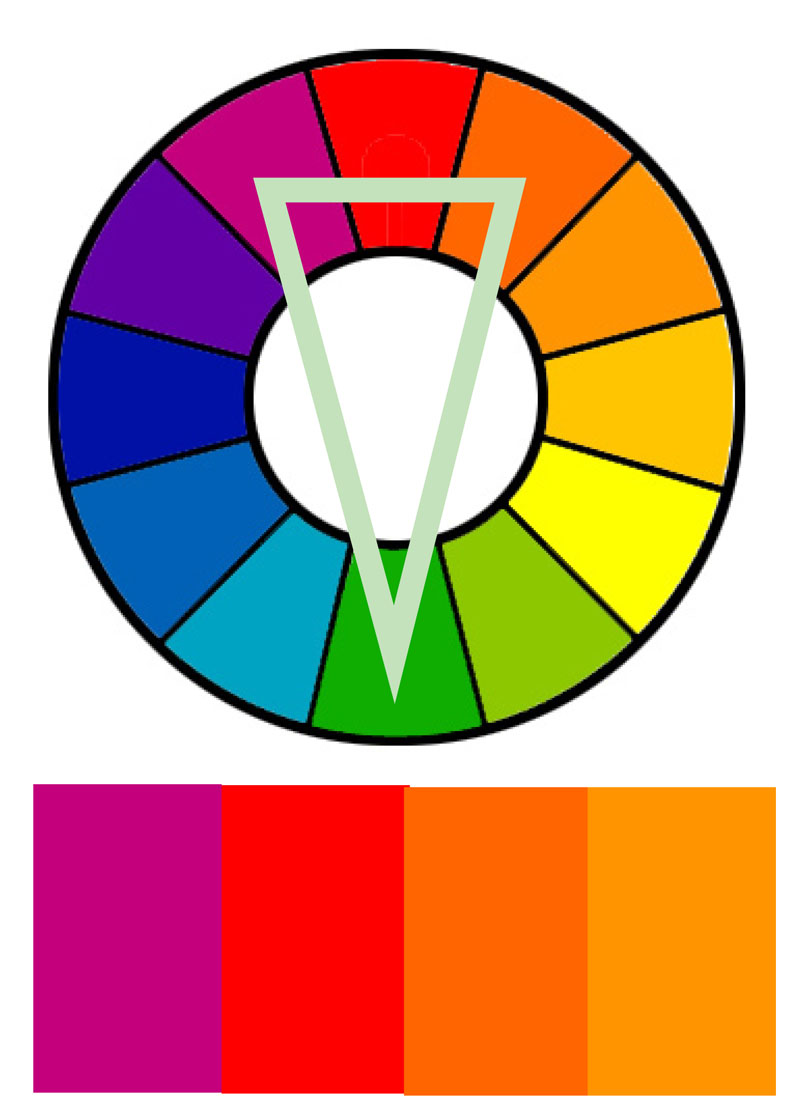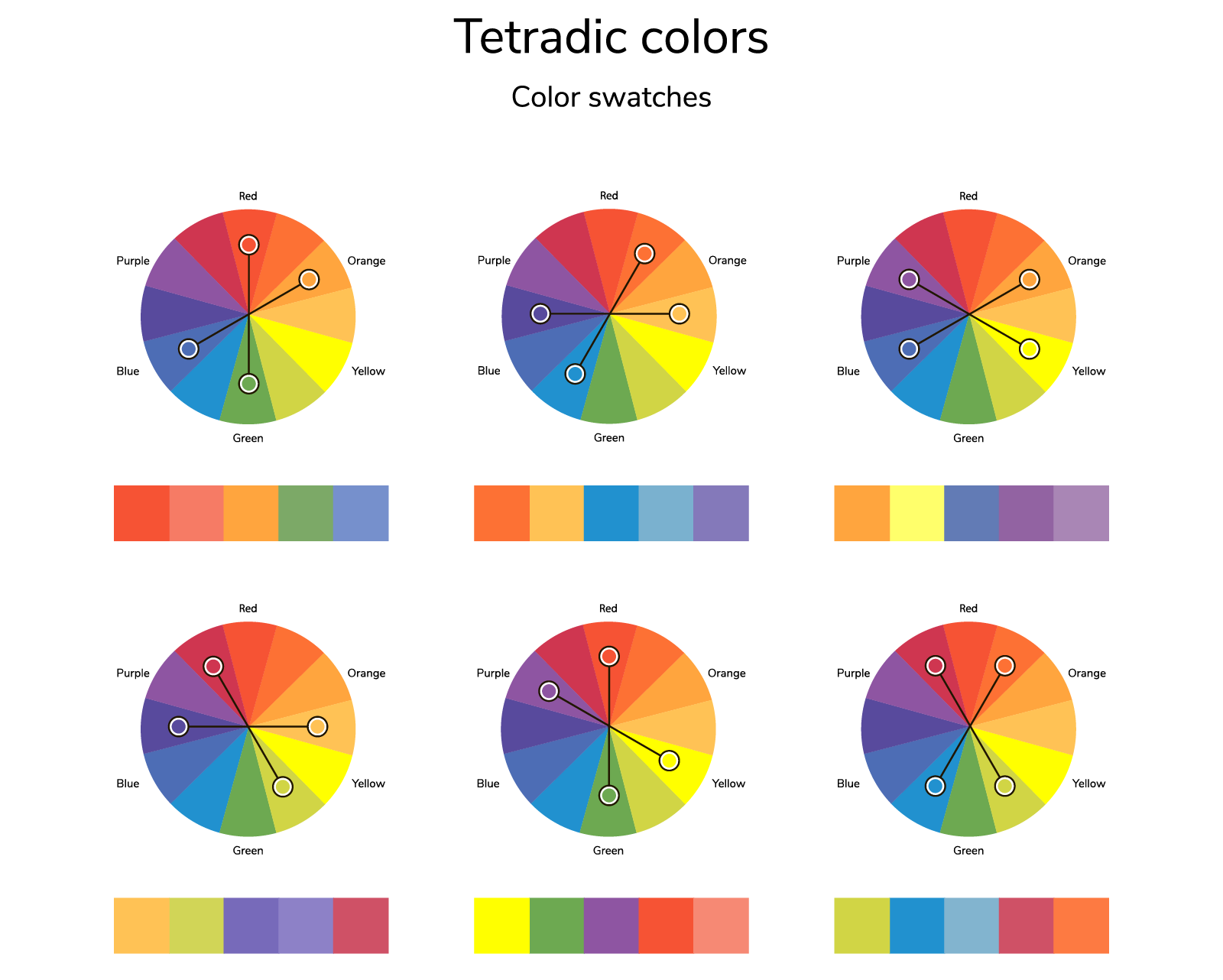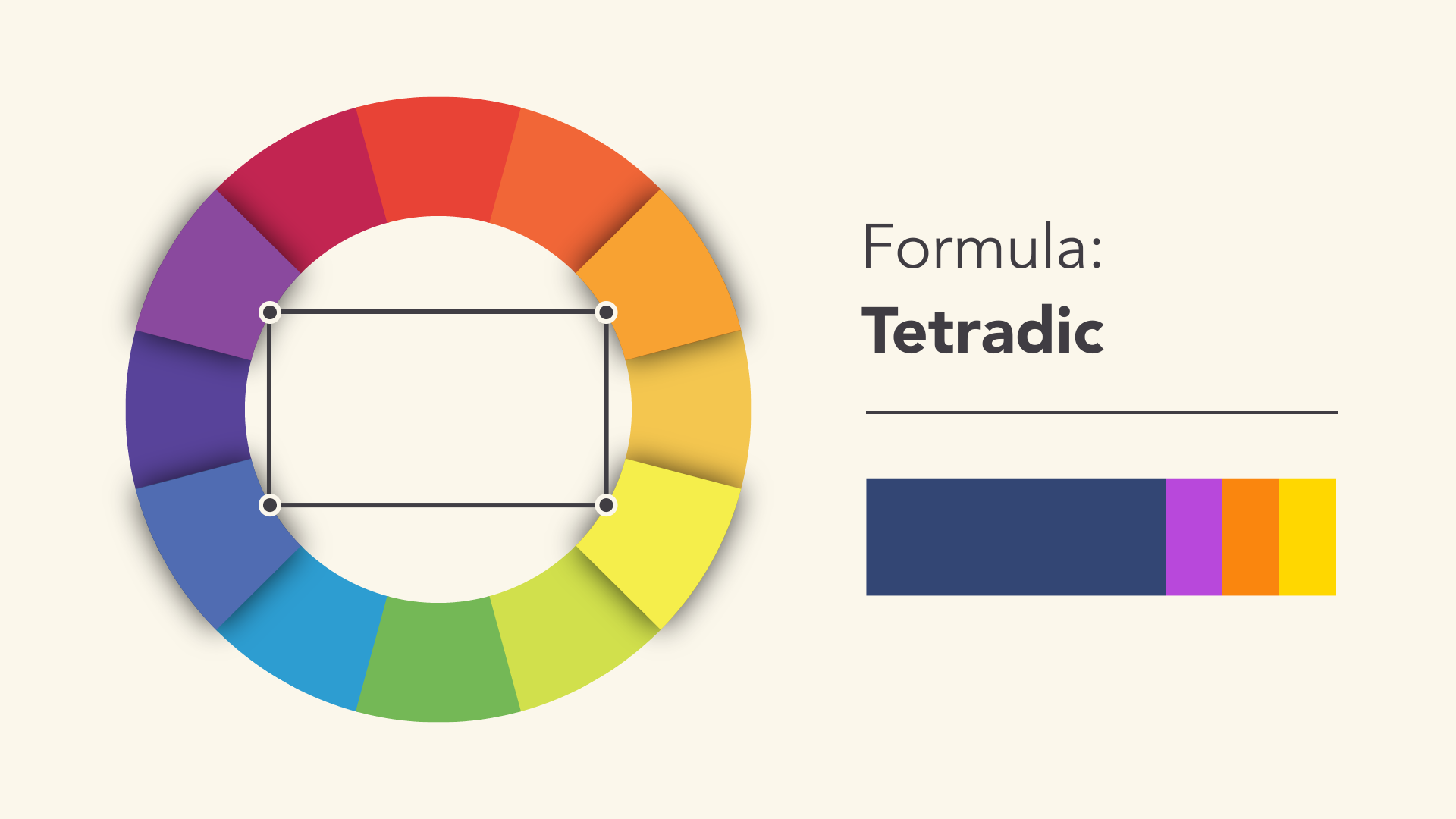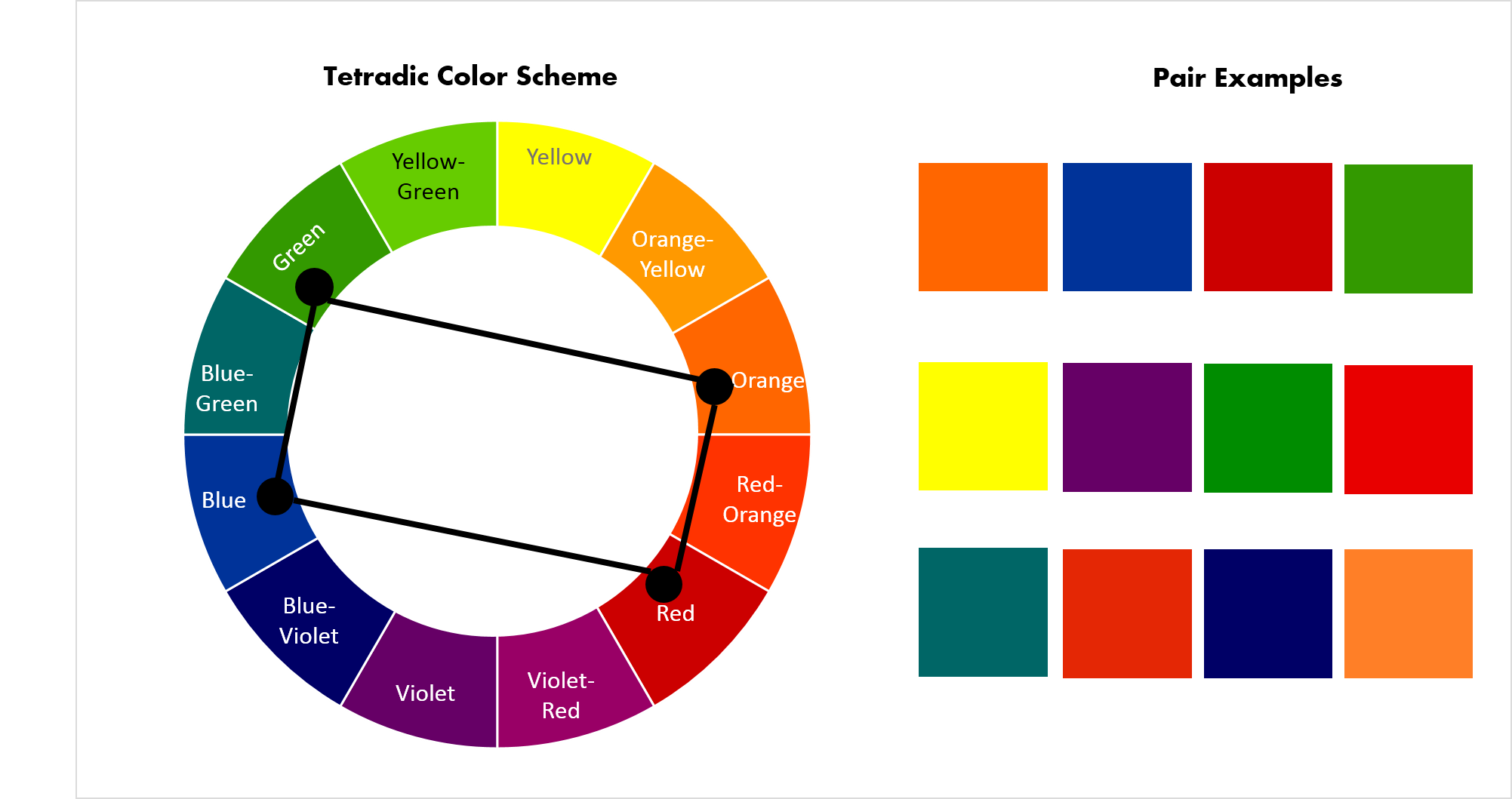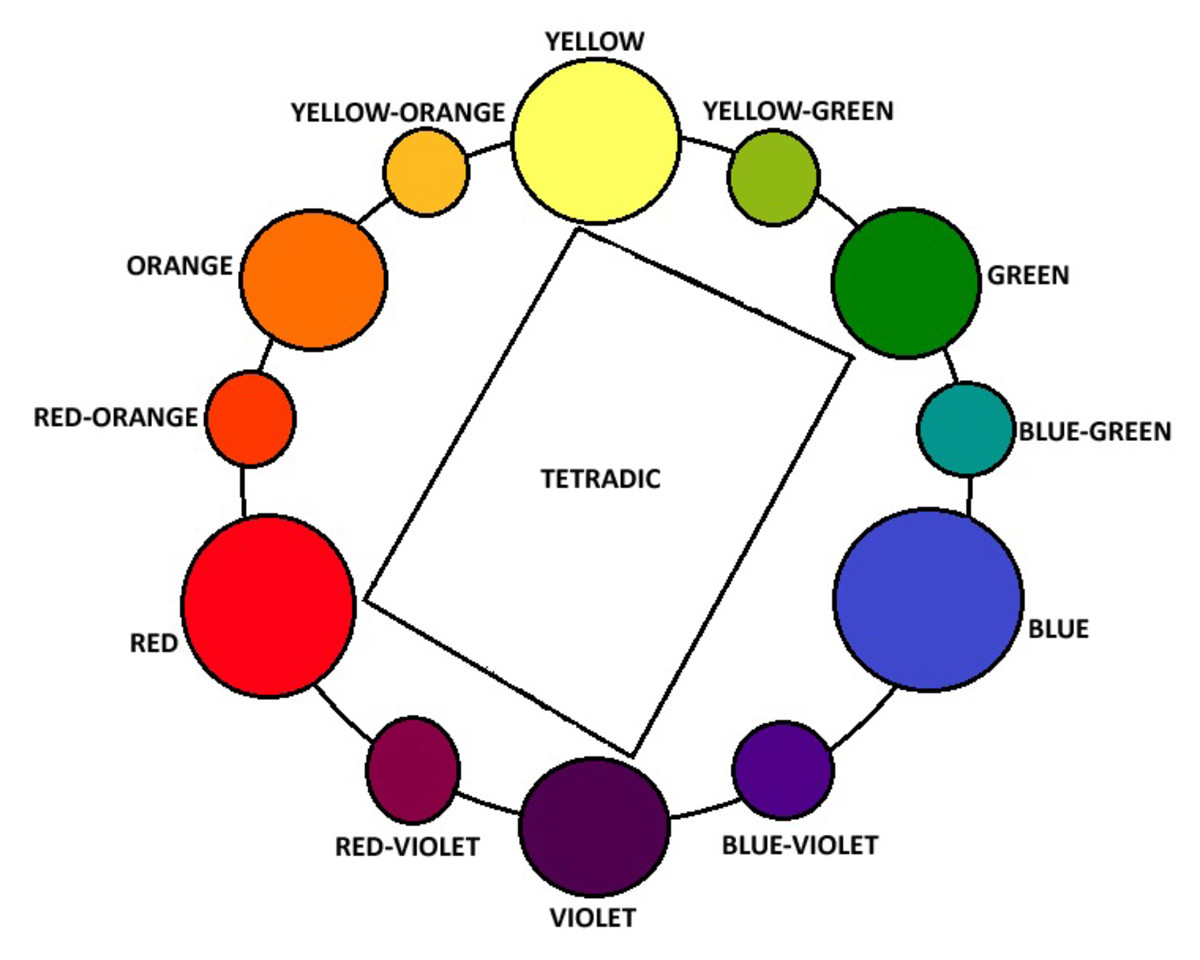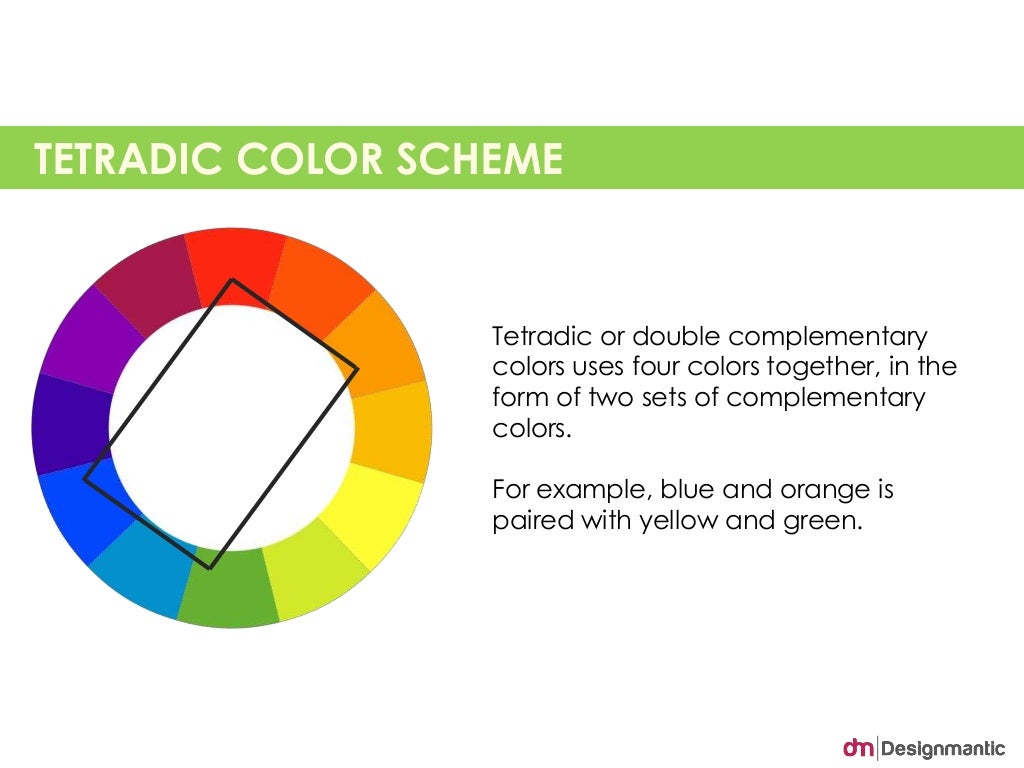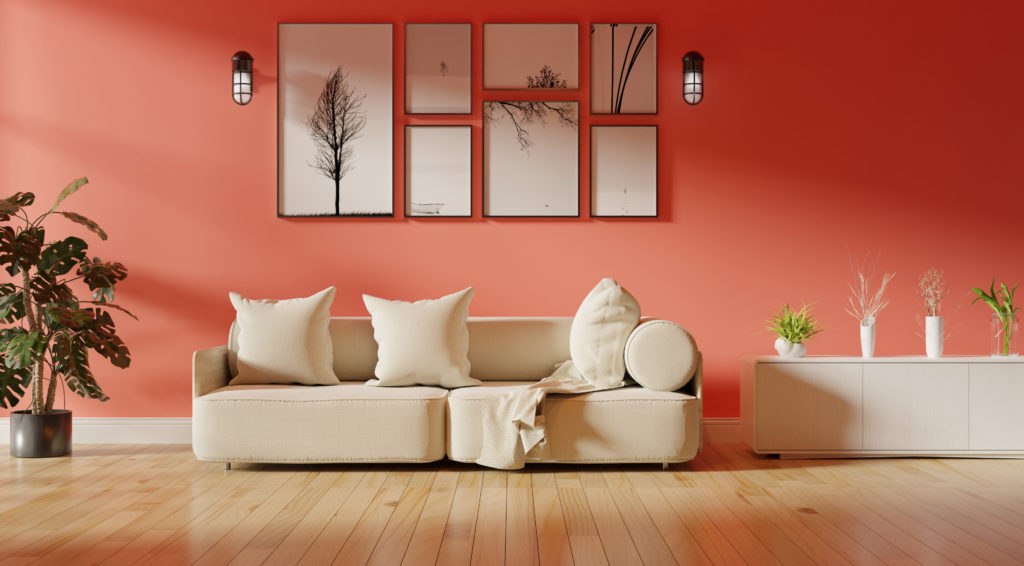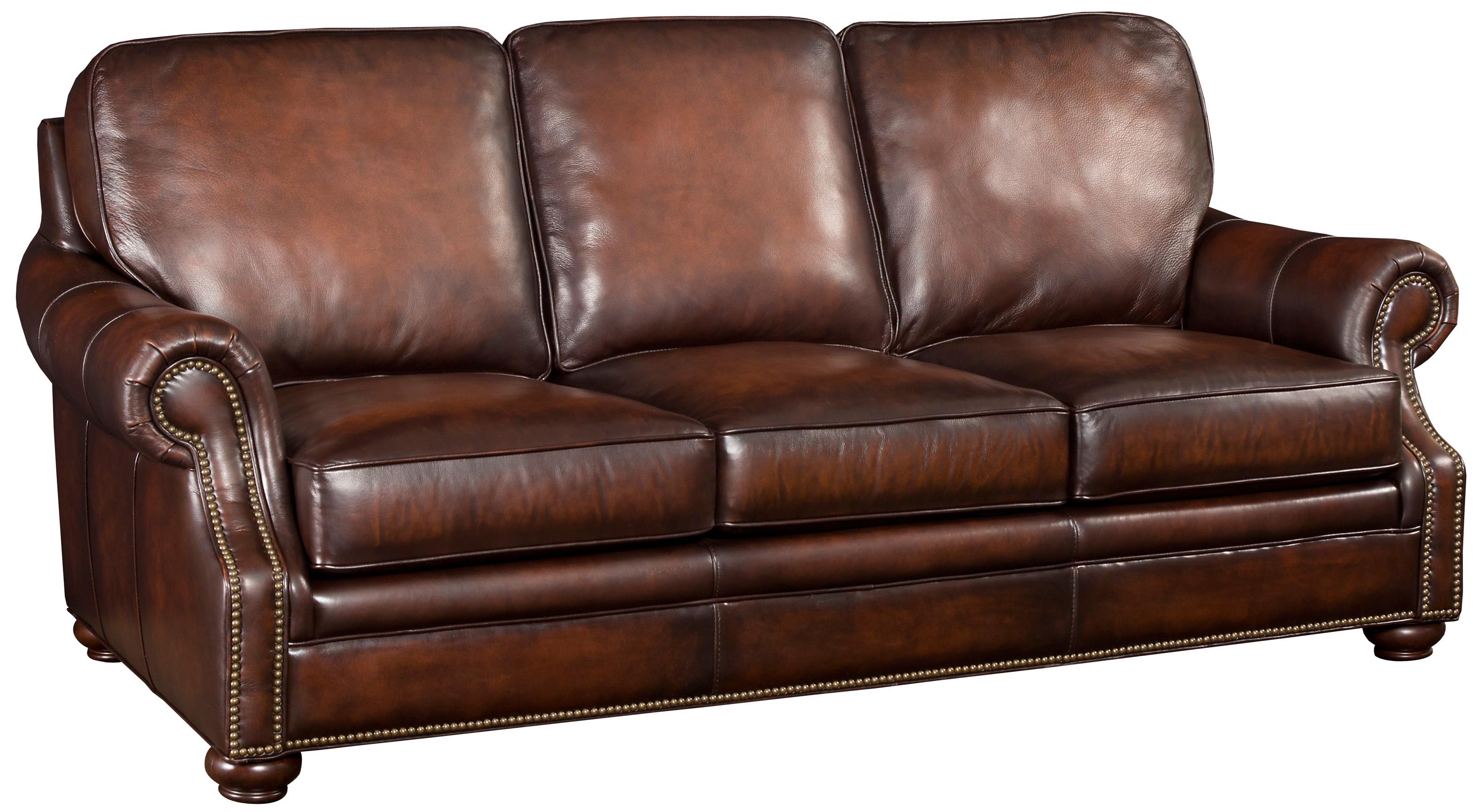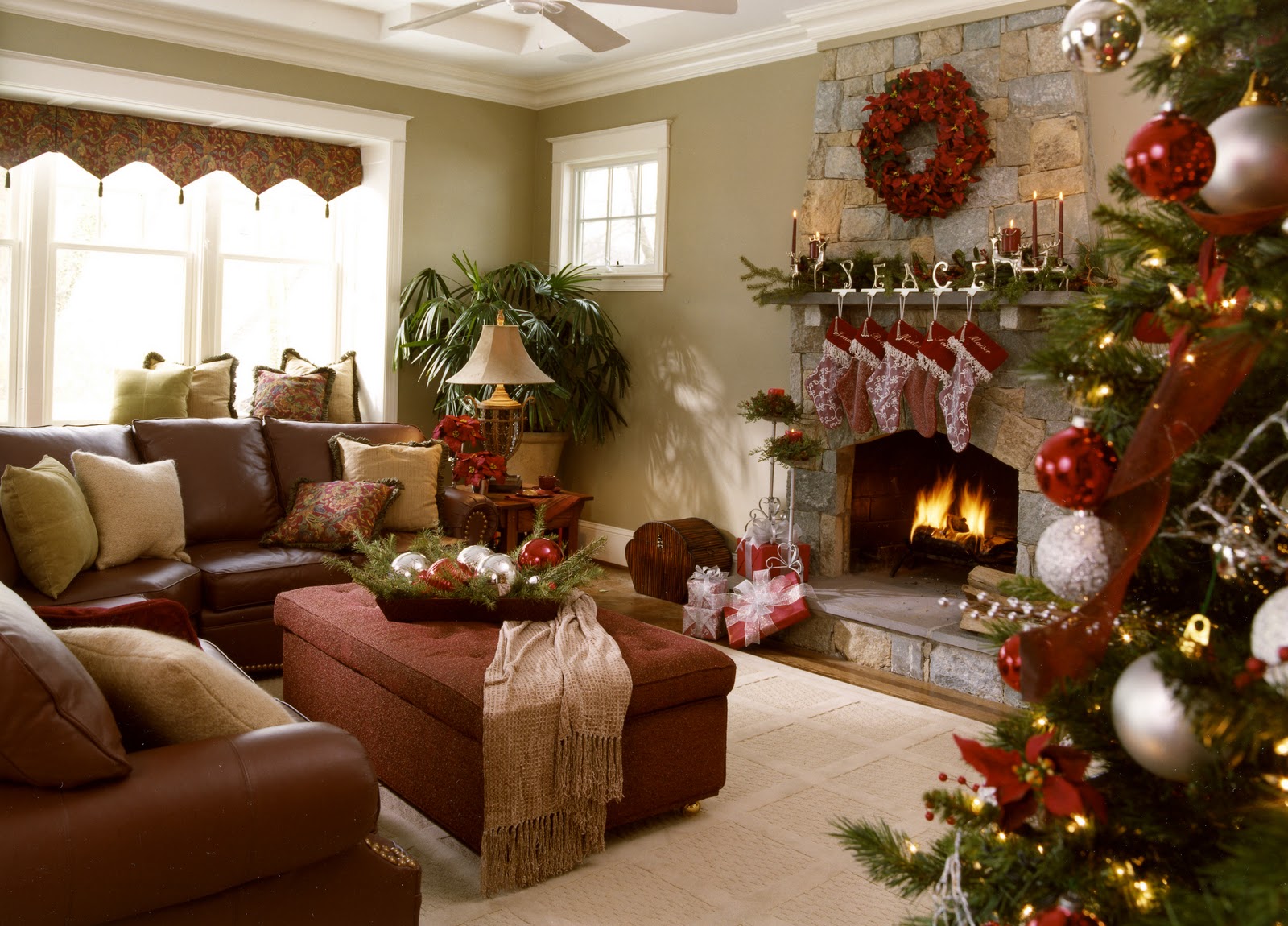Neutral colors such as white, gray, and beige are popular choices for living and dining rooms because they create a clean and timeless look. These colors also provide a blank canvas for you to add pops of color through accessories and furniture. You can never go wrong with a neutral color scheme as it offers versatility and a sense of balance to your space.Neutral Colors
Warm colors like red, orange, and yellow are perfect for creating a cozy and inviting atmosphere in your living and dining rooms. These colors are energizing and can stimulate conversation and appetite. To avoid overwhelming the space, use warm colors as accents or in small doses. A warm color scheme can also add a touch of personality and warmth to your home.Warm Colors
Cool colors such as blue, green, and purple are known for their calming and soothing effects. These colors are perfect for creating a serene and tranquil environment in your living and dining rooms. Cool colors work well in larger spaces as they can make the room feel more intimate. Pairing cool colors with warm accents can create a balanced and harmonious look.Cool Colors
Earth tones, including shades of brown, green, and gray, are inspired by nature and can bring a sense of warmth and grounding to your living and dining rooms. These colors work well with natural materials such as wood and stone and can create a cozy and inviting atmosphere. Earth tones also add a touch of sophistication and elegance to your space.Earth Tones
A monochromatic color scheme involves using different shades and tints of the same color. This creates a cohesive and harmonious look in your living and dining rooms. Monochromatic color schemes are versatile and can be achieved with any color, making it a popular choice for many homeowners. This color scheme is also easy to maintain and allows you to play with texture and pattern to add visual interest to the room.Monochromatic Color Scheme
Contrasting colors, such as black and white or navy blue and white, can create a bold and dramatic look in your living and dining rooms. The contrast between light and dark colors adds depth and dimension to the space. This color scheme is perfect for creating a modern and sophisticated look. To avoid overwhelming the room, use contrasting colors in smaller areas, such as an accent wall or statement piece of furniture.Contrasting Colors
Complementary colors are opposite each other on the color wheel, such as blue and orange or purple and yellow. These colors create a vibrant and eye-catching look in your living and dining rooms. Complementary colors work well in larger spaces as they can create a sense of balance and harmony. When using complementary colors, it's important to choose one dominant color and use the other as an accent.Complementary Colors
Analogous colors are next to each other on the color wheel, such as blue and green or red and orange. This color scheme creates a harmonious and calming look in your living and dining rooms. Analogous colors work well in smaller spaces as they can make the room feel more cohesive and connected. To add visual interest, choose one color as the dominant hue and use the others as accents.Analogous Colors
The triadic color scheme involves using three colors that are evenly spaced on the color wheel, such as red, yellow, and blue. This color scheme creates a vibrant and energetic look in your living and dining rooms. To avoid overwhelming the space, choose one color as the dominant hue and use the other two as accents. Triadic color schemes work well in larger spaces and can add a playful and cheerful touch to your home.Triadic Color Scheme
Tetradic color schemes use four colors that are evenly spaced on the color wheel. This creates a dynamic and bold look in your living and dining rooms. To avoid overwhelming the space, choose one color as the dominant hue and use the other three as accents. This color scheme offers a lot of room for creativity and can add a unique and stylish touch to your home.Tetradic Color Scheme
Creating a Cohesive Color Palette for Your Living and Dining Room

Why Choosing the Right Colors is Essential

Color is a powerful tool when it comes to interior design. It has the ability to evoke emotions, set the mood, and create a cohesive look throughout a space. This is especially important when it comes to the living and dining rooms, as these are often the most used and shared spaces in a home. The colors you choose for these rooms can greatly impact the overall aesthetic and functionality of your home. Here are some tips for selecting the best colors for your living and dining room.
Consider the Atmosphere You Want to Create

The first step in choosing the right colors for your living and dining room is to think about the overall atmosphere you want to create. Are you looking for a cozy and intimate space, or do you want a bright and airy feel? This will help guide your color choices and create a cohesive look throughout the rooms. For a cozy and intimate feel, consider warm and rich colors like deep reds, earthy greens, and golden yellows. For a bright and airy atmosphere, opt for light and neutral colors like soft grays, creamy whites, and pale blues.
Utilize a Color Wheel

One of the best tools for choosing complementary colors is the color wheel. This tool shows you which colors are opposite each other on the wheel, and these colors tend to work well together. For example, if you have a blue sofa in your living room, you can use a warm orange or yellow for accent pillows or curtains to create a balanced and visually appealing look. You can also use the color wheel to create a monochromatic color scheme by choosing shades and tints of the same color.
Consider the Size and Lighting of the Rooms

The size and lighting of your living and dining rooms can also greatly impact the colors you choose. If you have a small space, using light and neutral colors can help make the room feel larger and more open. On the other hand, if you have a large space, you can use darker and bolder colors to create a more intimate and cozy atmosphere. Lighting is also important to consider as natural light can make colors appear different than they do in artificial light. Be sure to test out your color choices in both natural and artificial light to ensure they work well together.
Final Thoughts
:max_bytes(150000):strip_icc()/DesignbyEmilyHendersonDesignPhotographerbyZekeRuelas_30-ad51133a857343228a2c56f76a22825f.jpg)
Choosing the best colors for your living and dining room is all about creating a cohesive and inviting space. By considering the atmosphere you want to create, using a color wheel, and taking into account the size and lighting of the rooms, you can create a beautiful and functional space that you and your guests will love. Remember to have fun with color and don't be afraid to try something new!

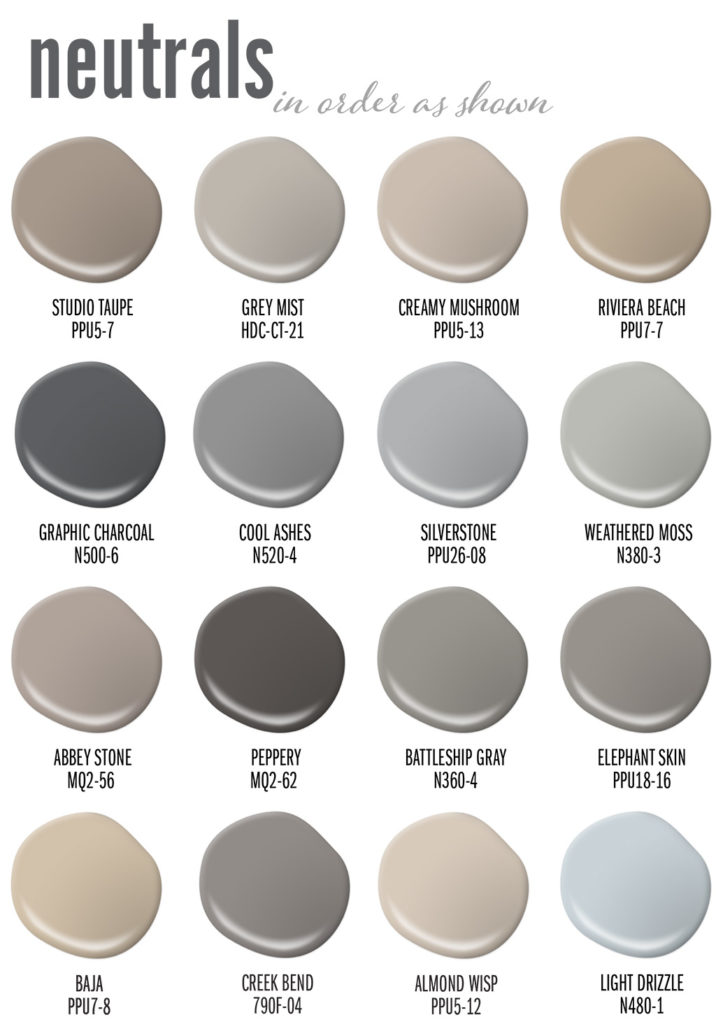

:max_bytes(150000):strip_icc()/what-is-a-neutral-color-1973822-03-3fab8b5a361d49638d3de1cbaf579a22.jpg)
/Lee-Edwards-Getty-Images-56a5ae653df78cf7728968ec.jpg)

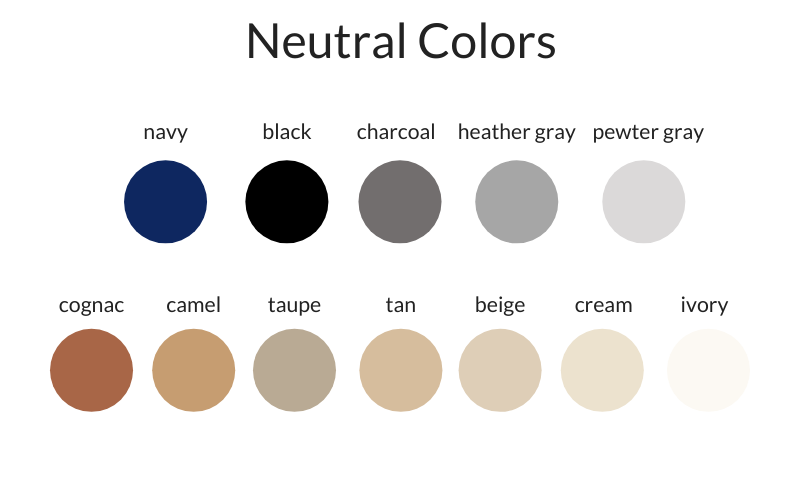
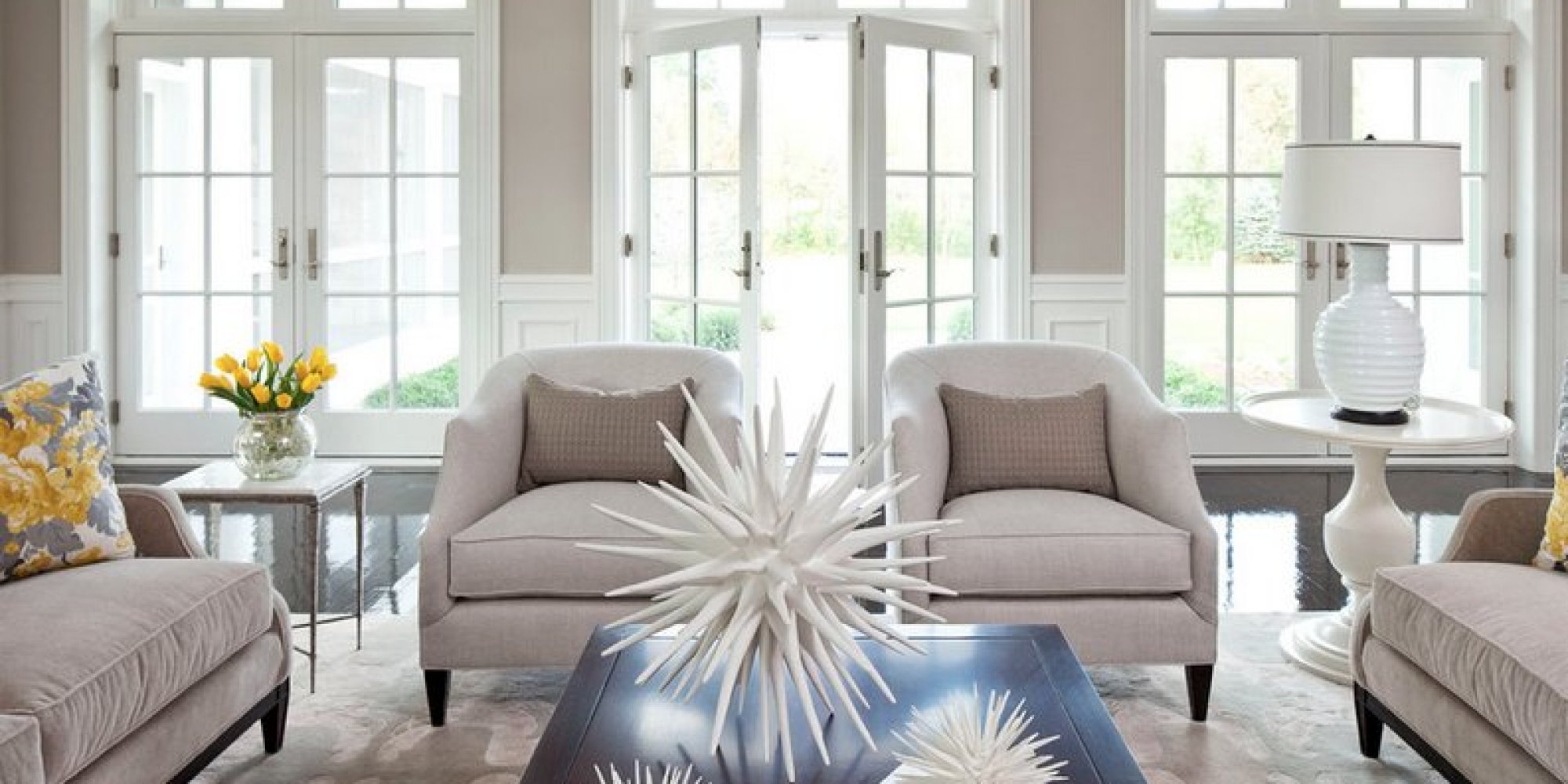
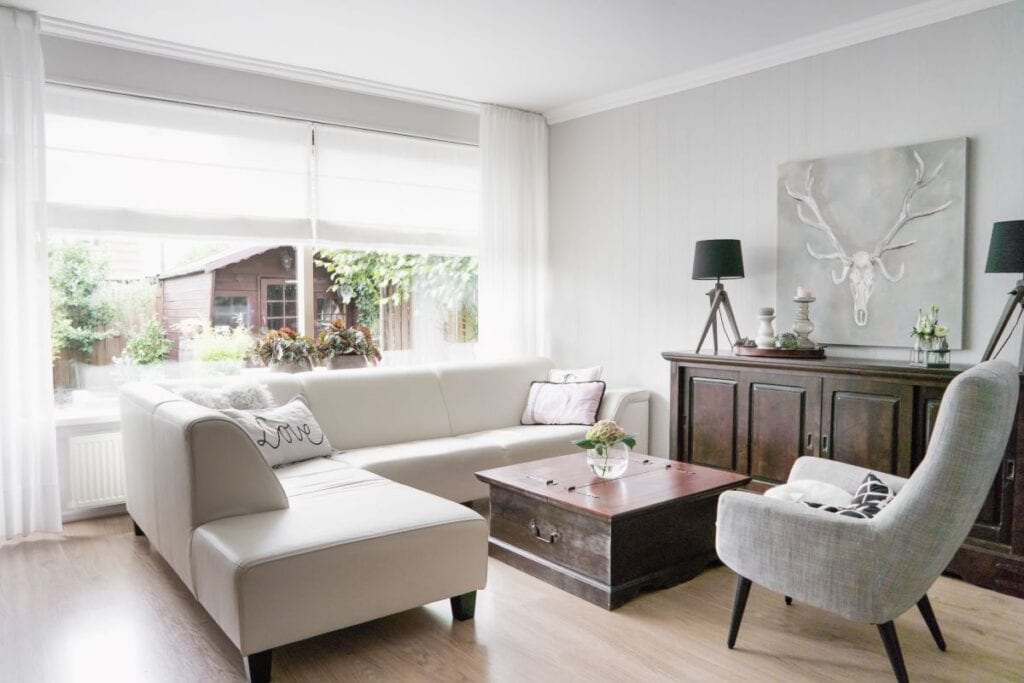
/clark_Kensington_neutrals-57db7f2e5f9b5865164b7baa.png)





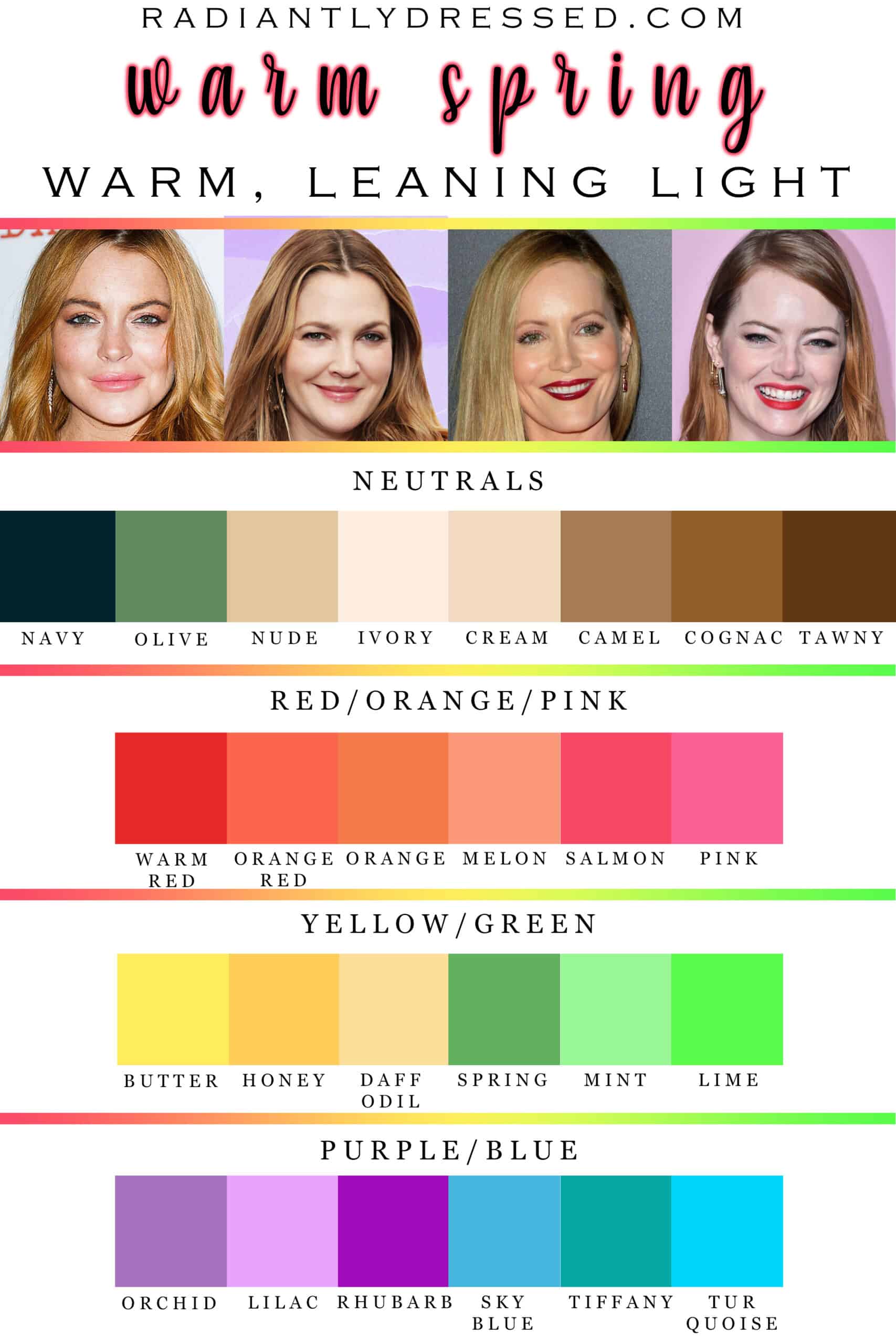


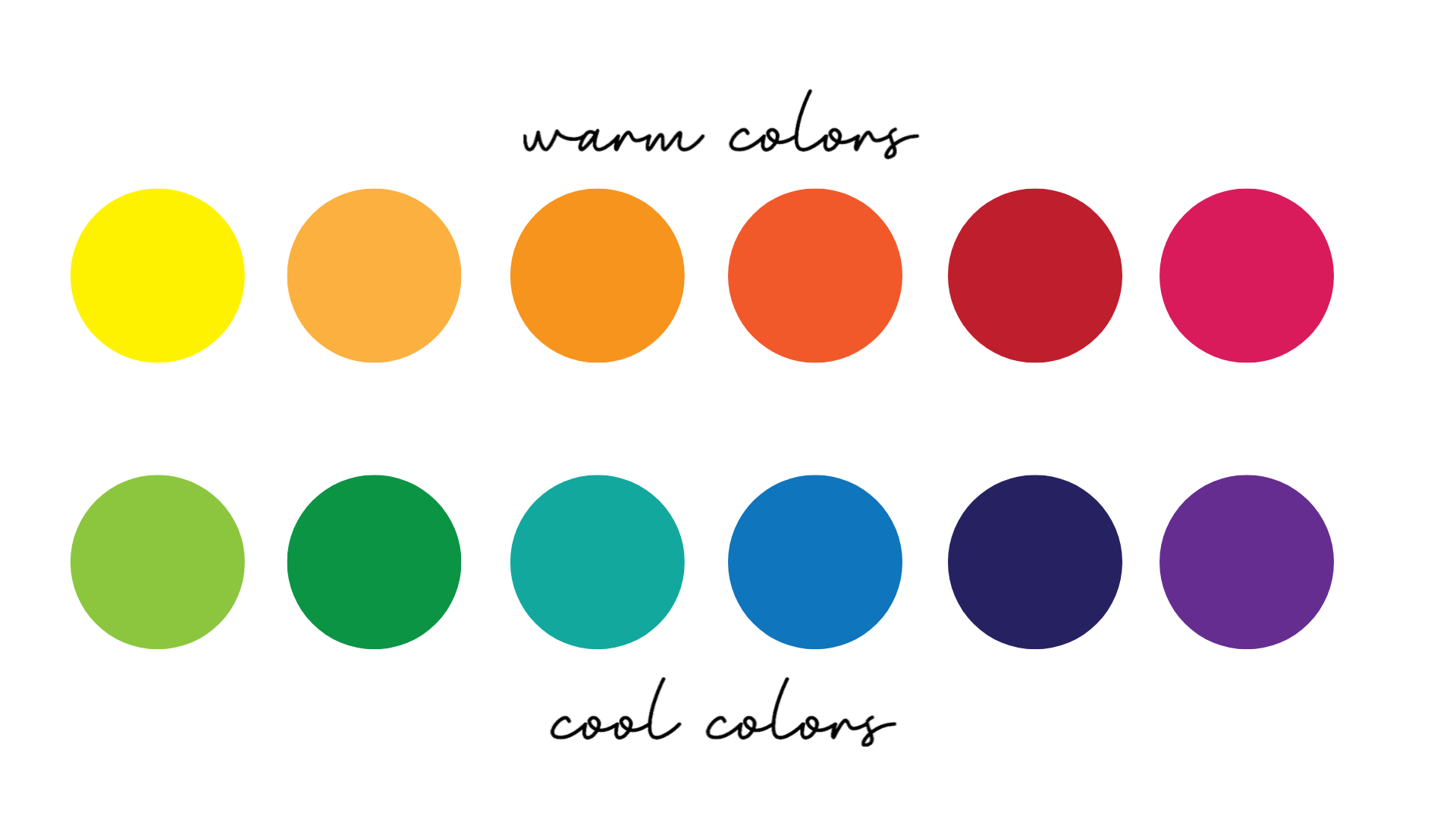
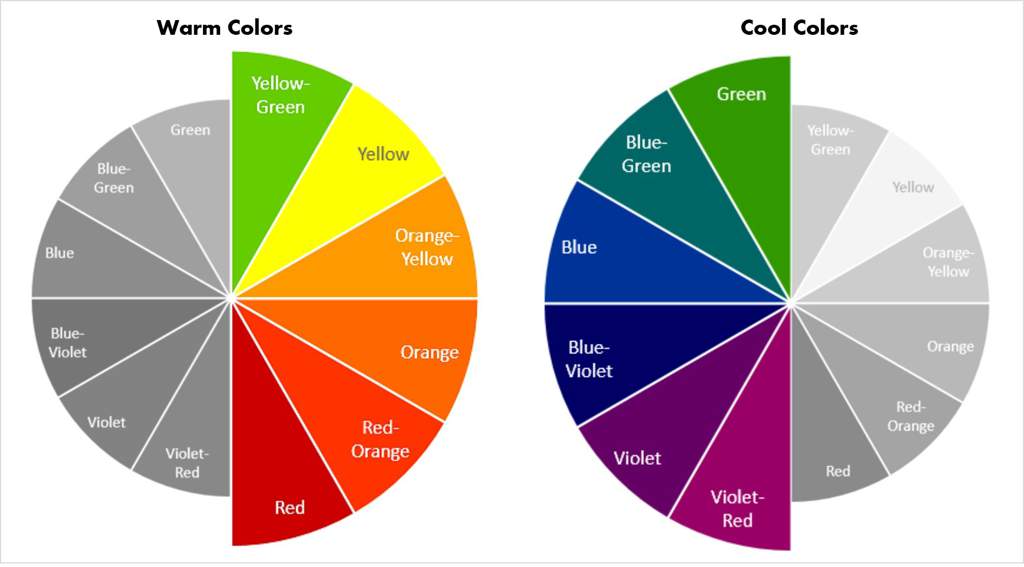
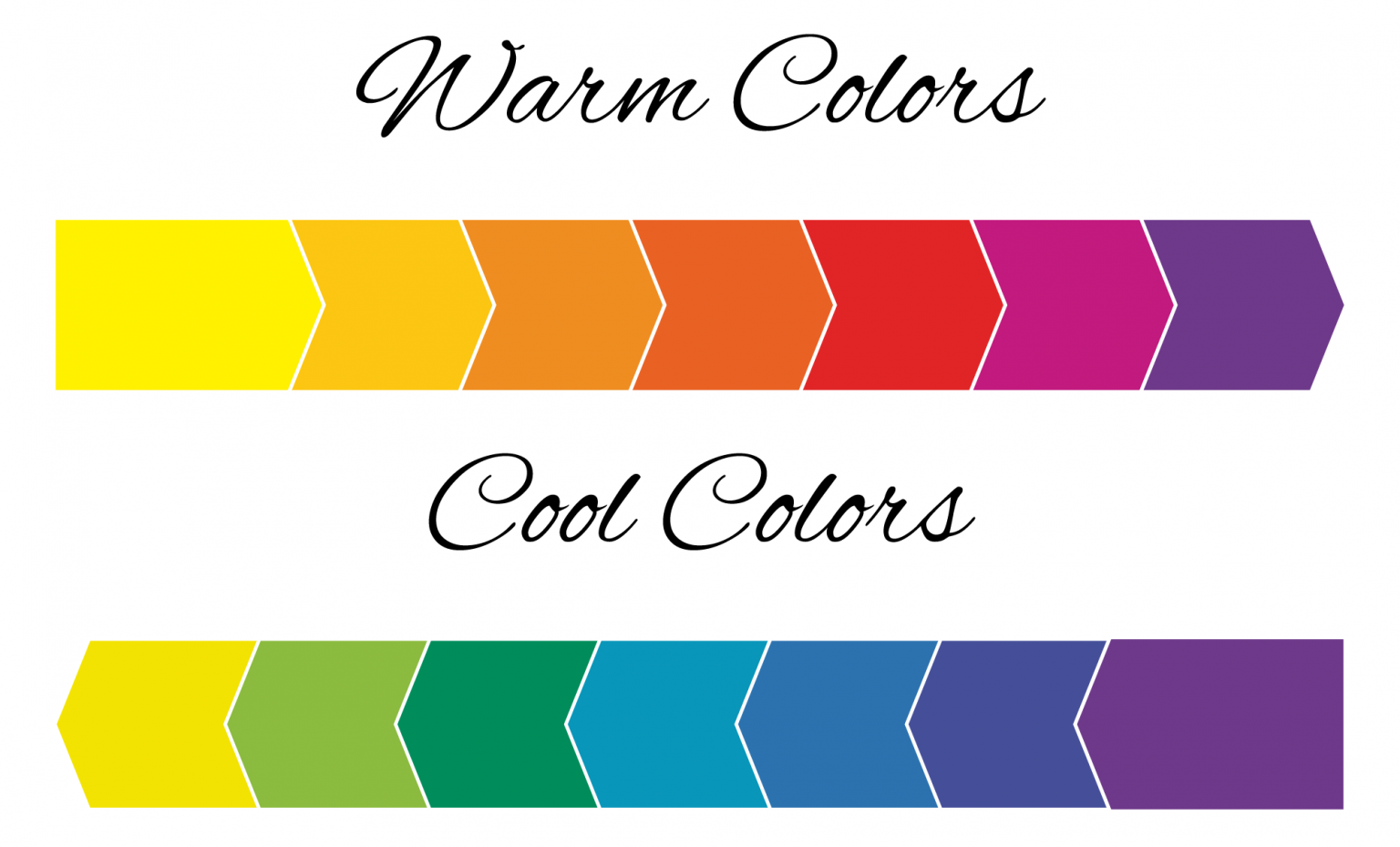













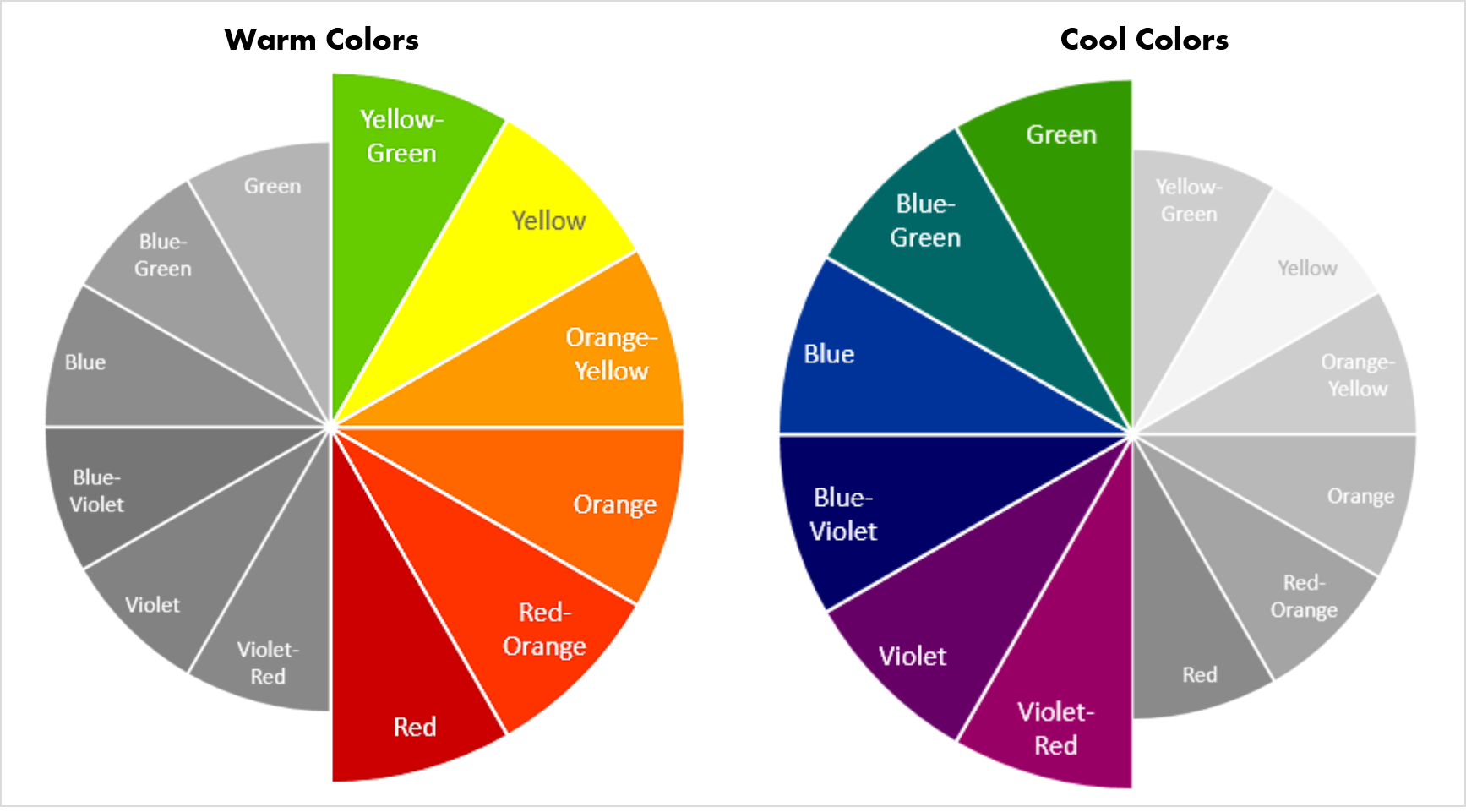
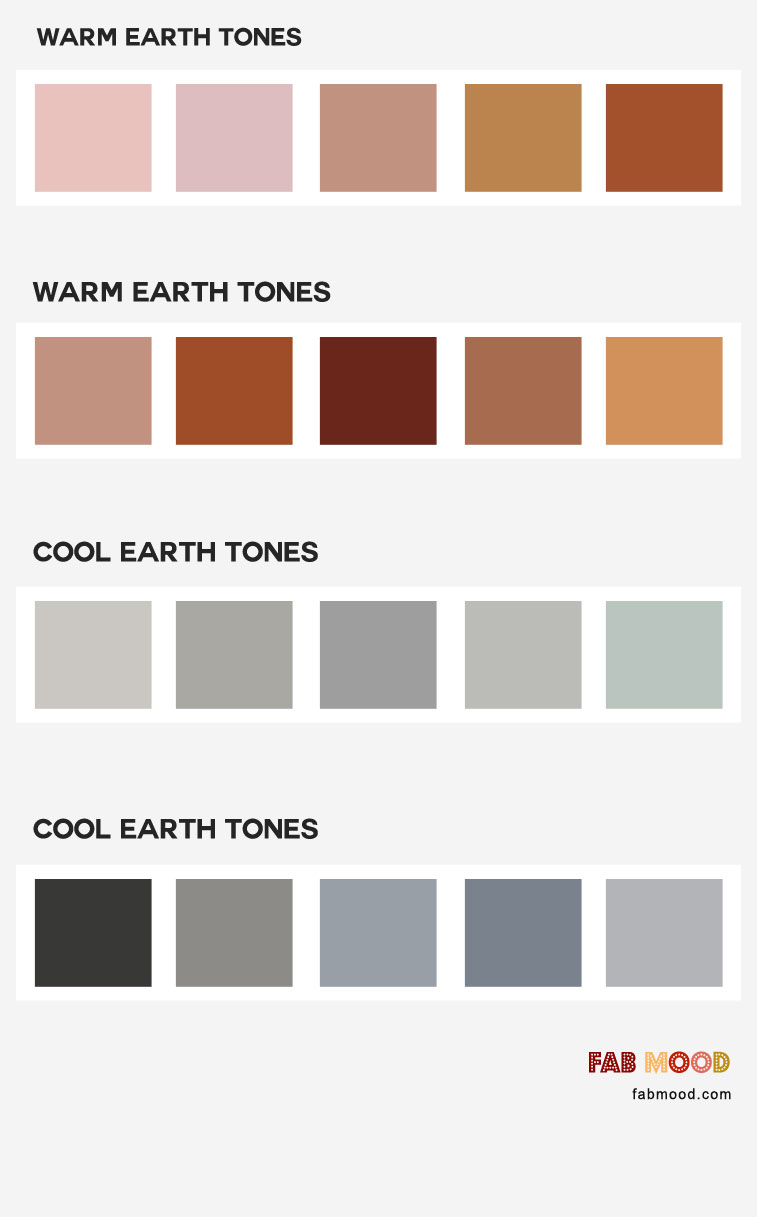

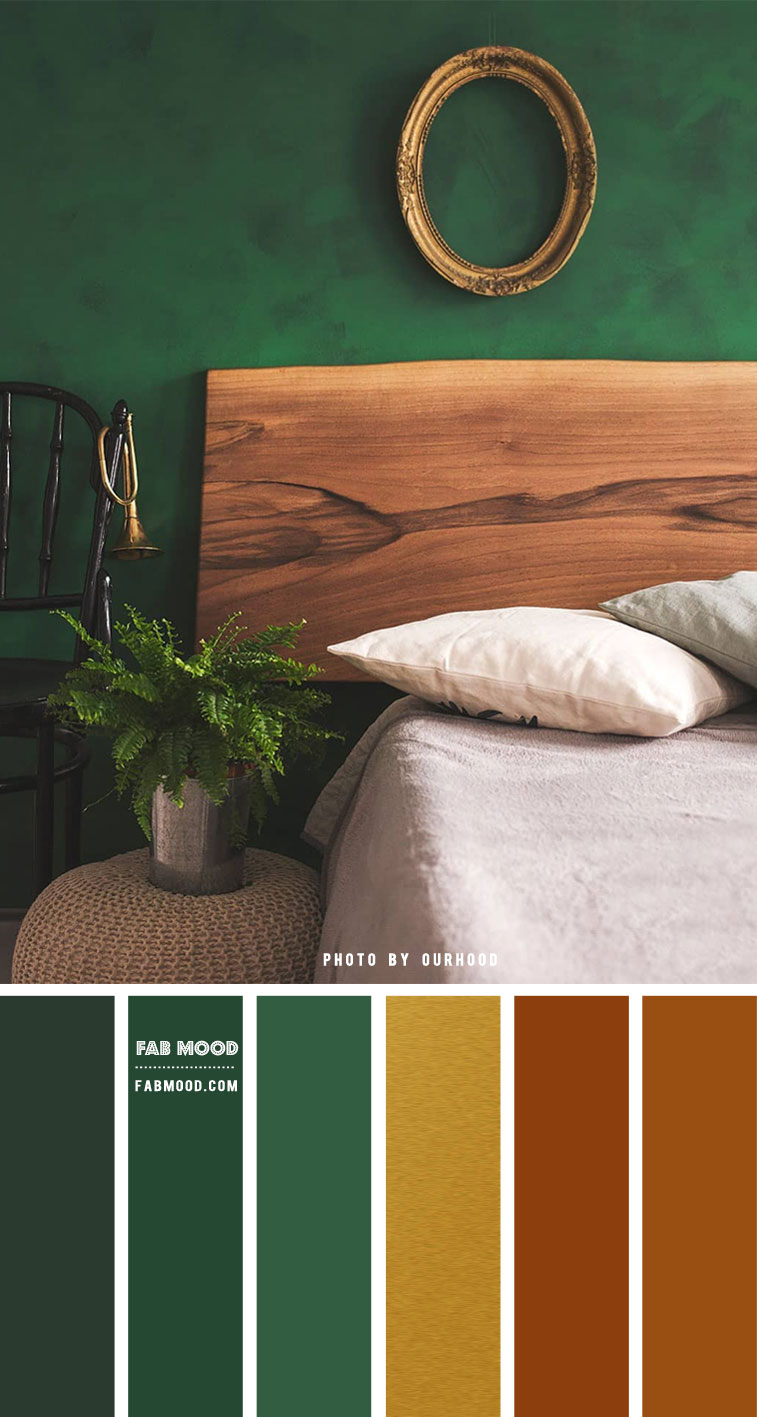
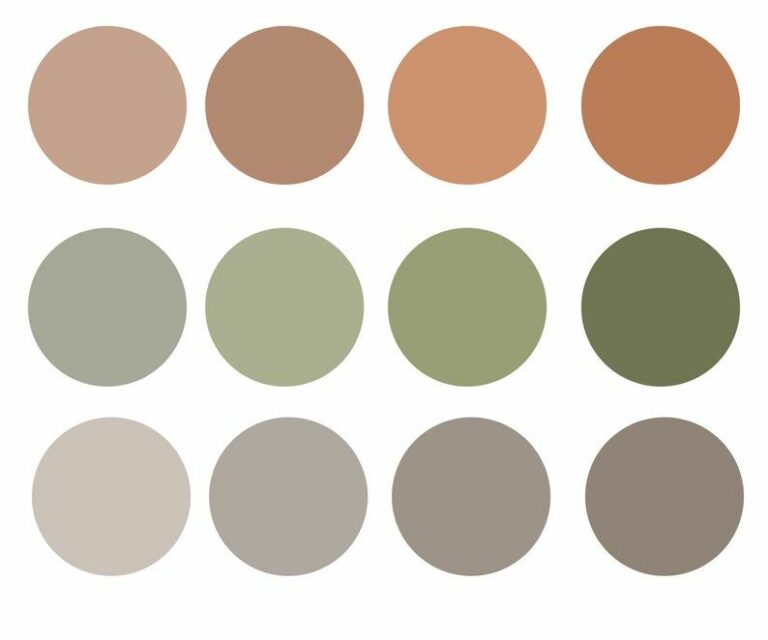


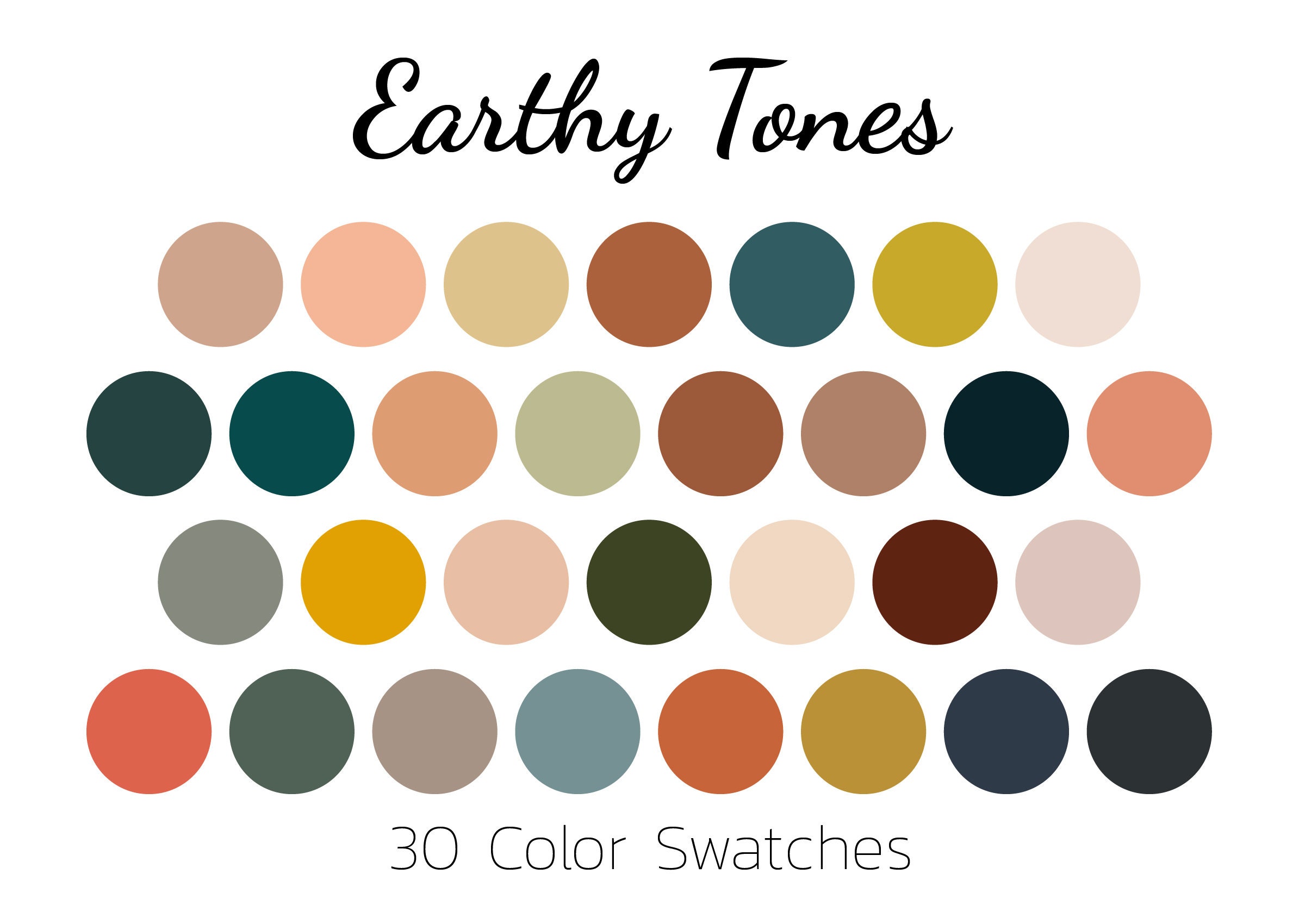

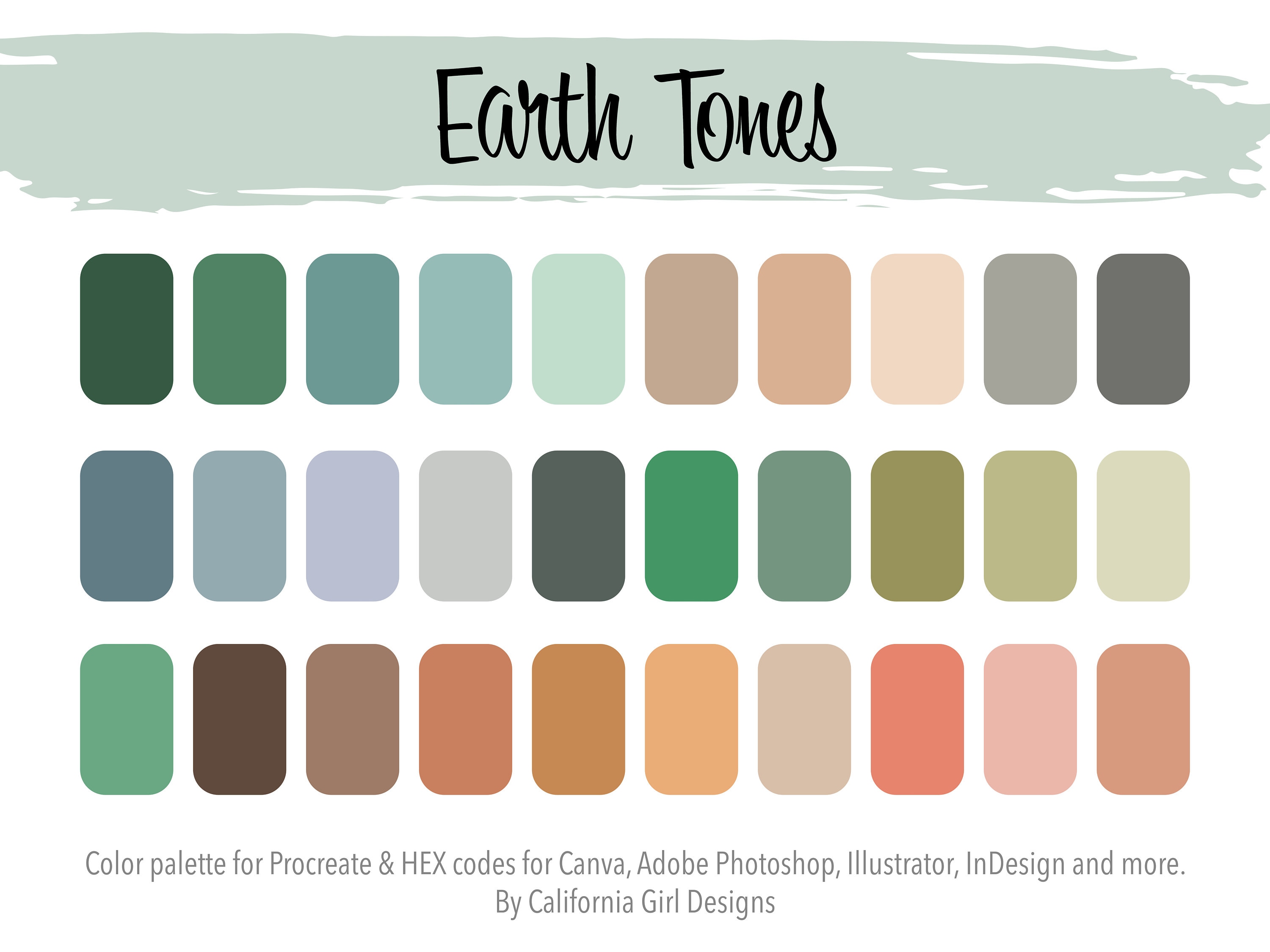





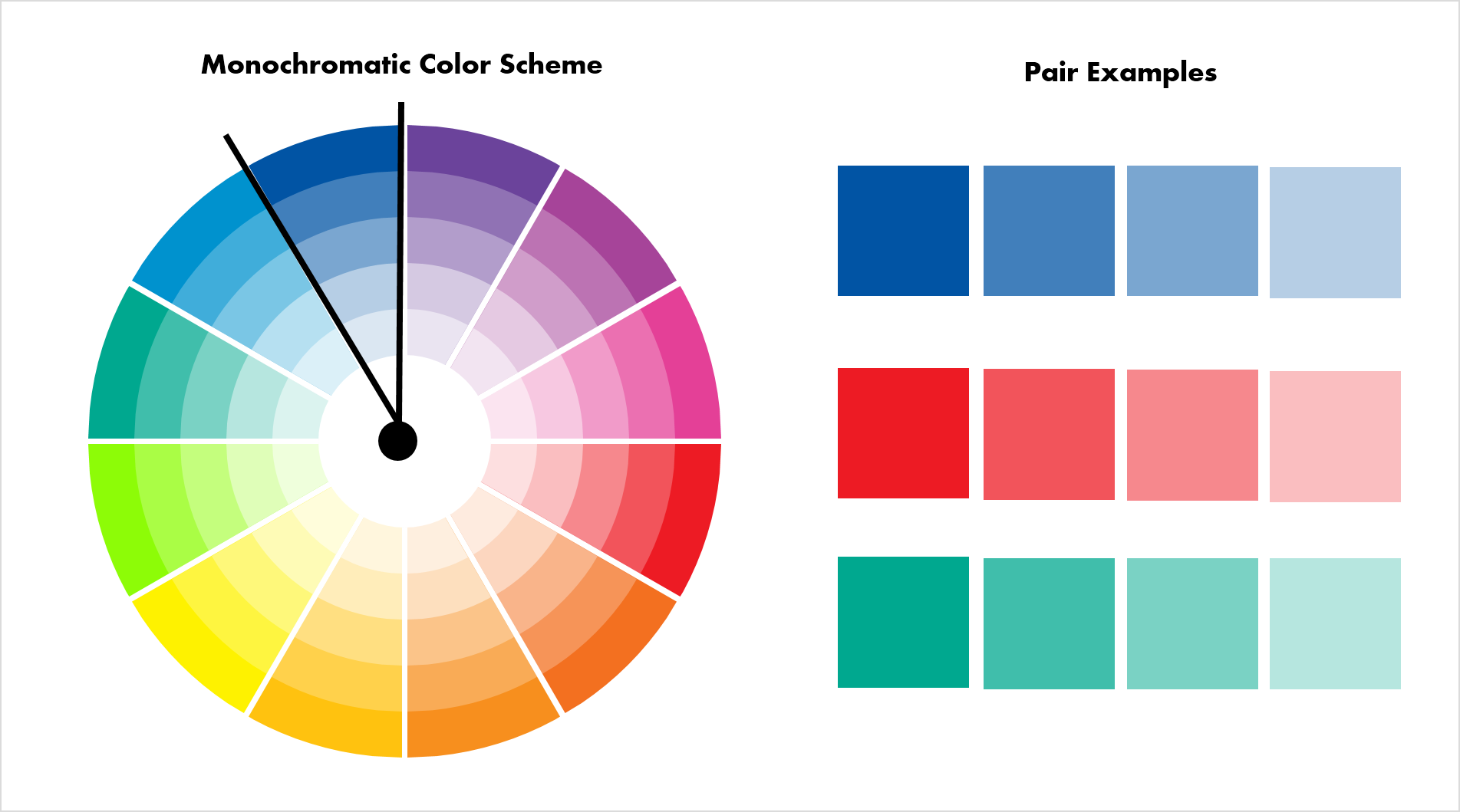

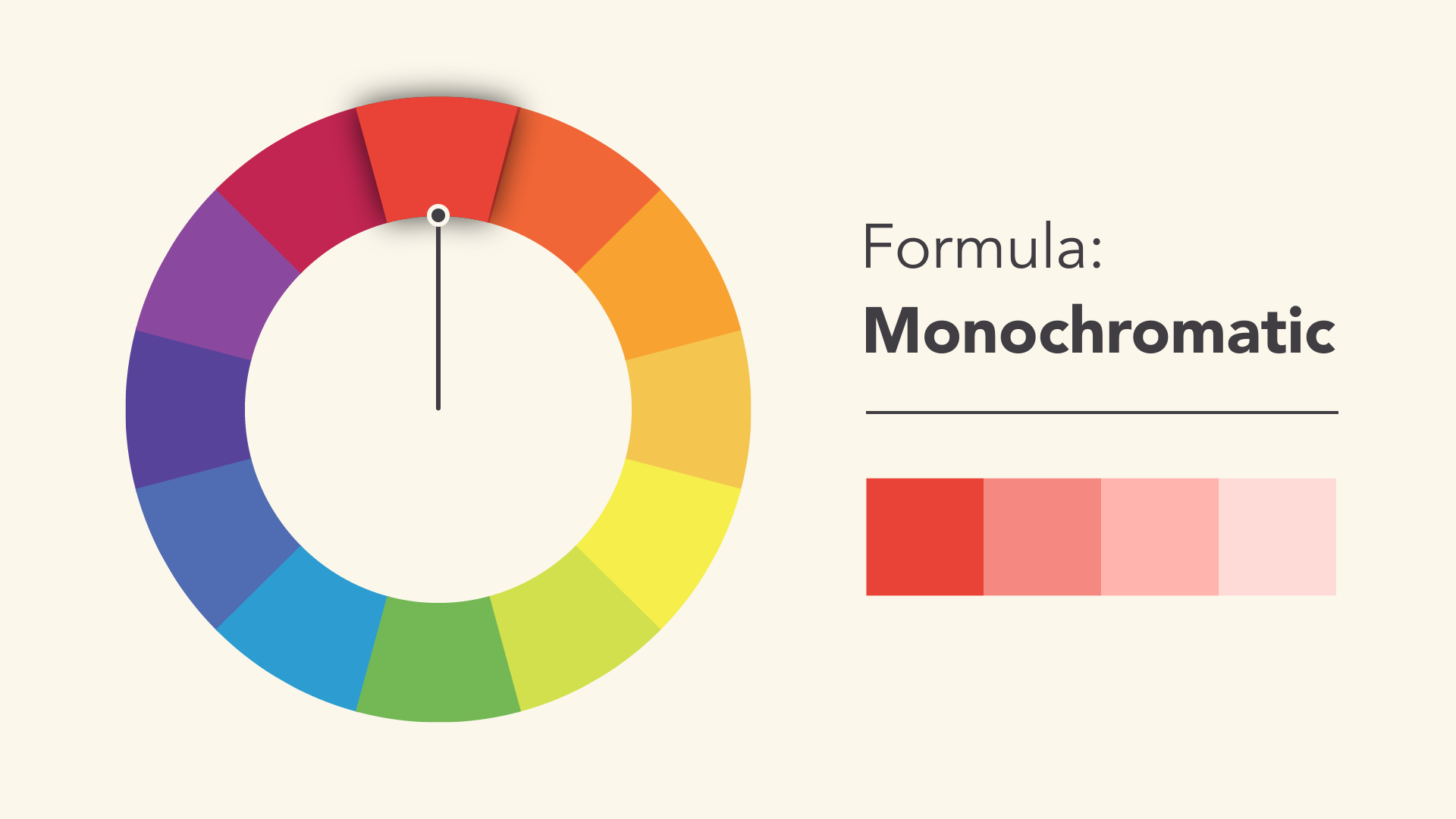



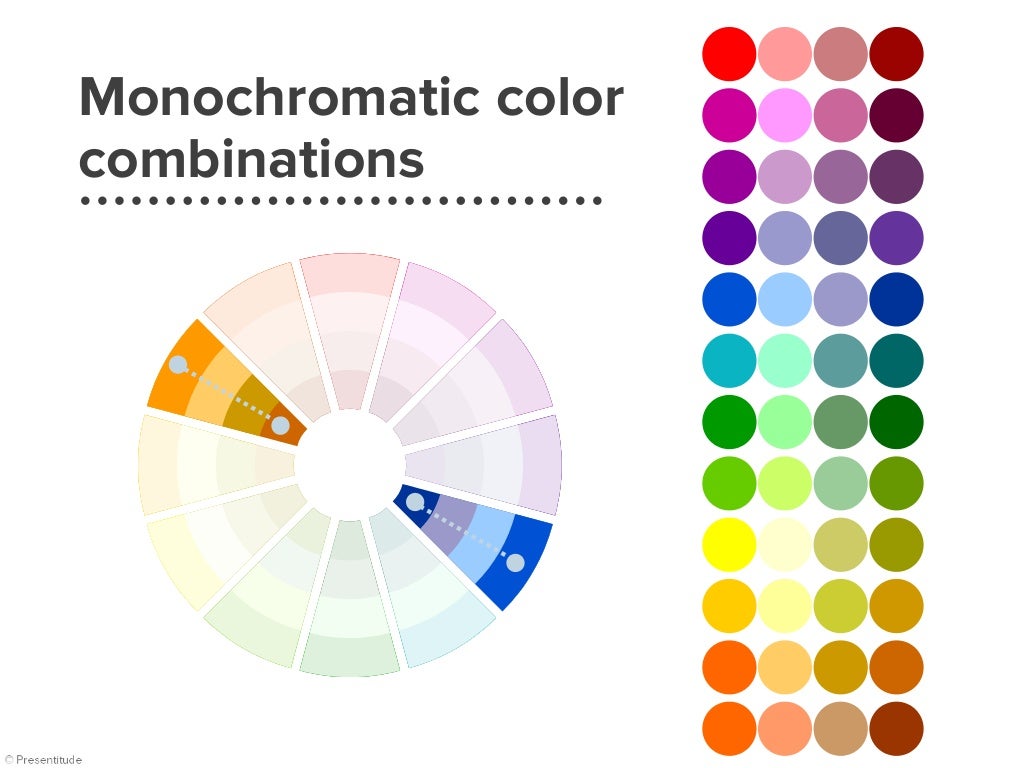


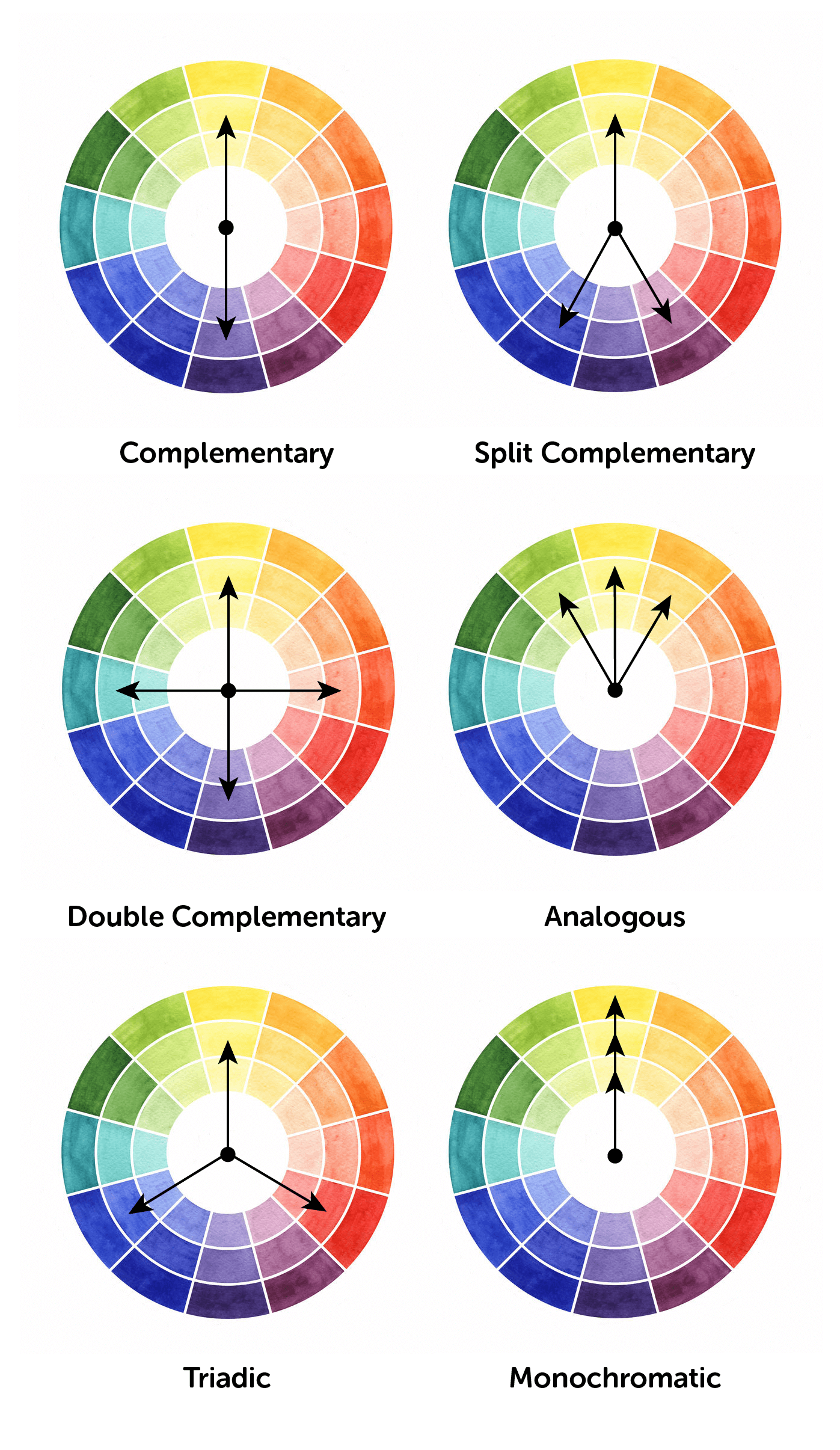


/Color-Contrast-Chart-59091b973df78c9283e31928.jpg)

/Colorwheel-58d0206f3df78c3c4f45653b.jpg)







:max_bytes(150000):strip_icc()/Lista_complementarios-56a6e6cb3df78cf77290d98b.png)


